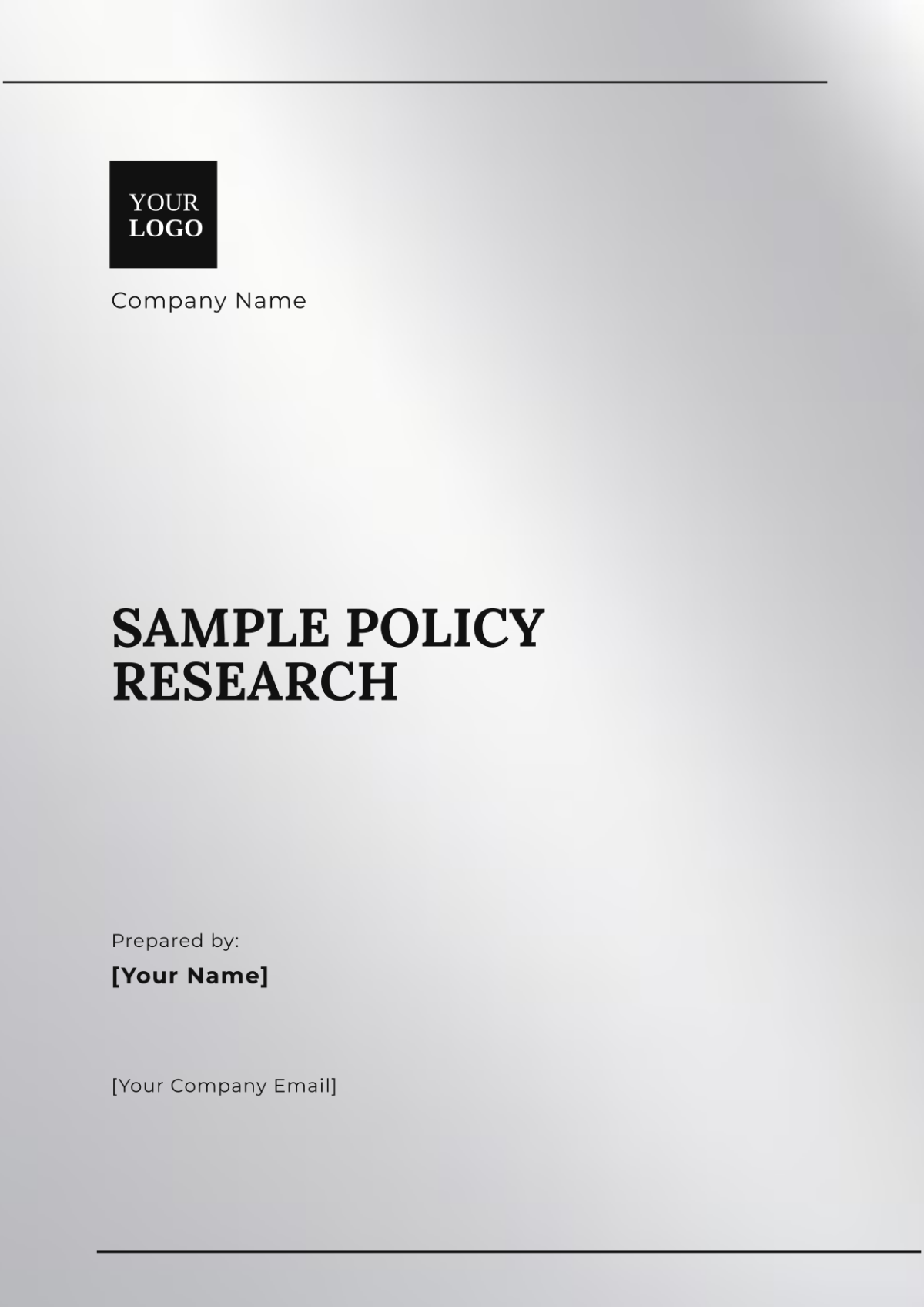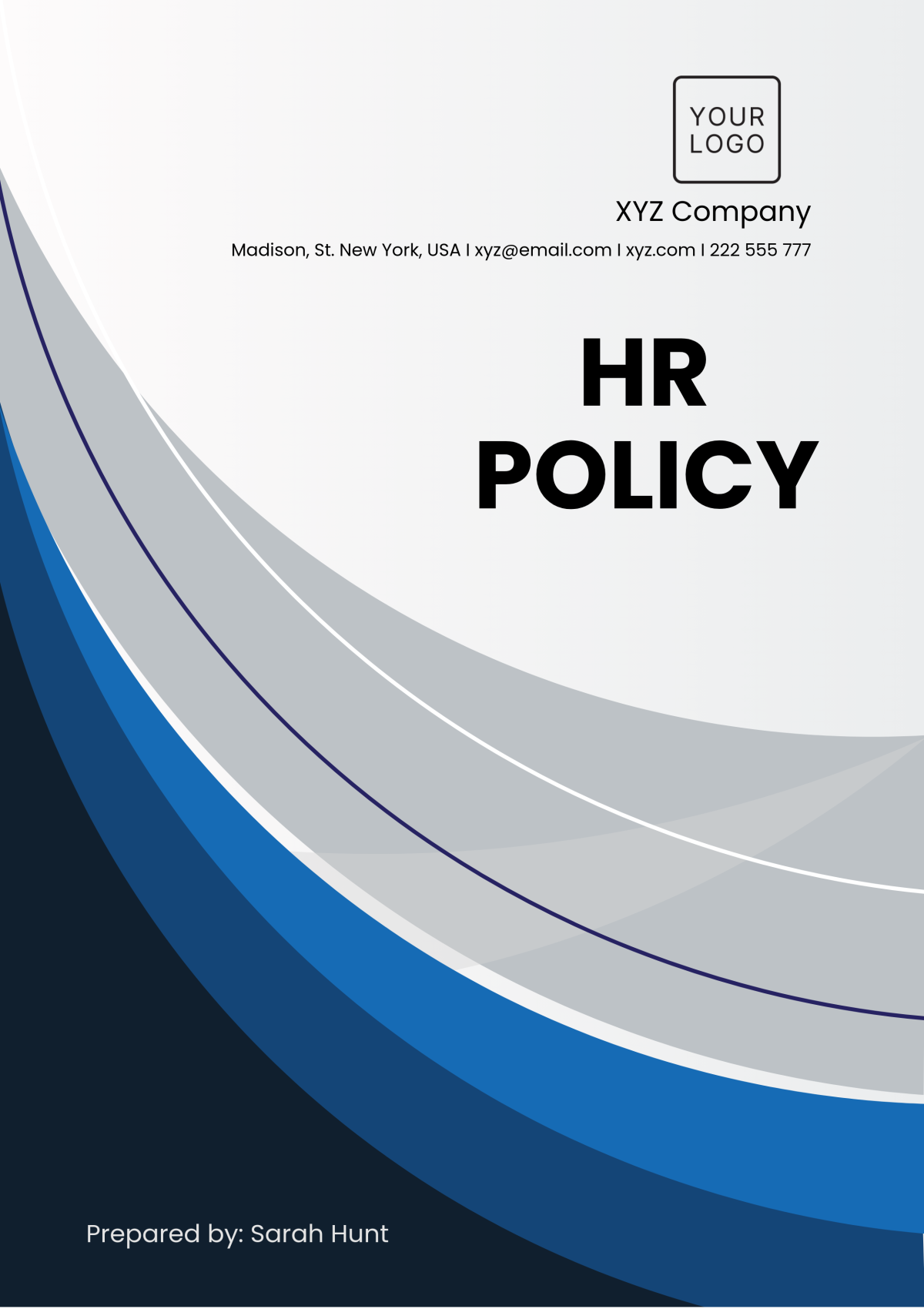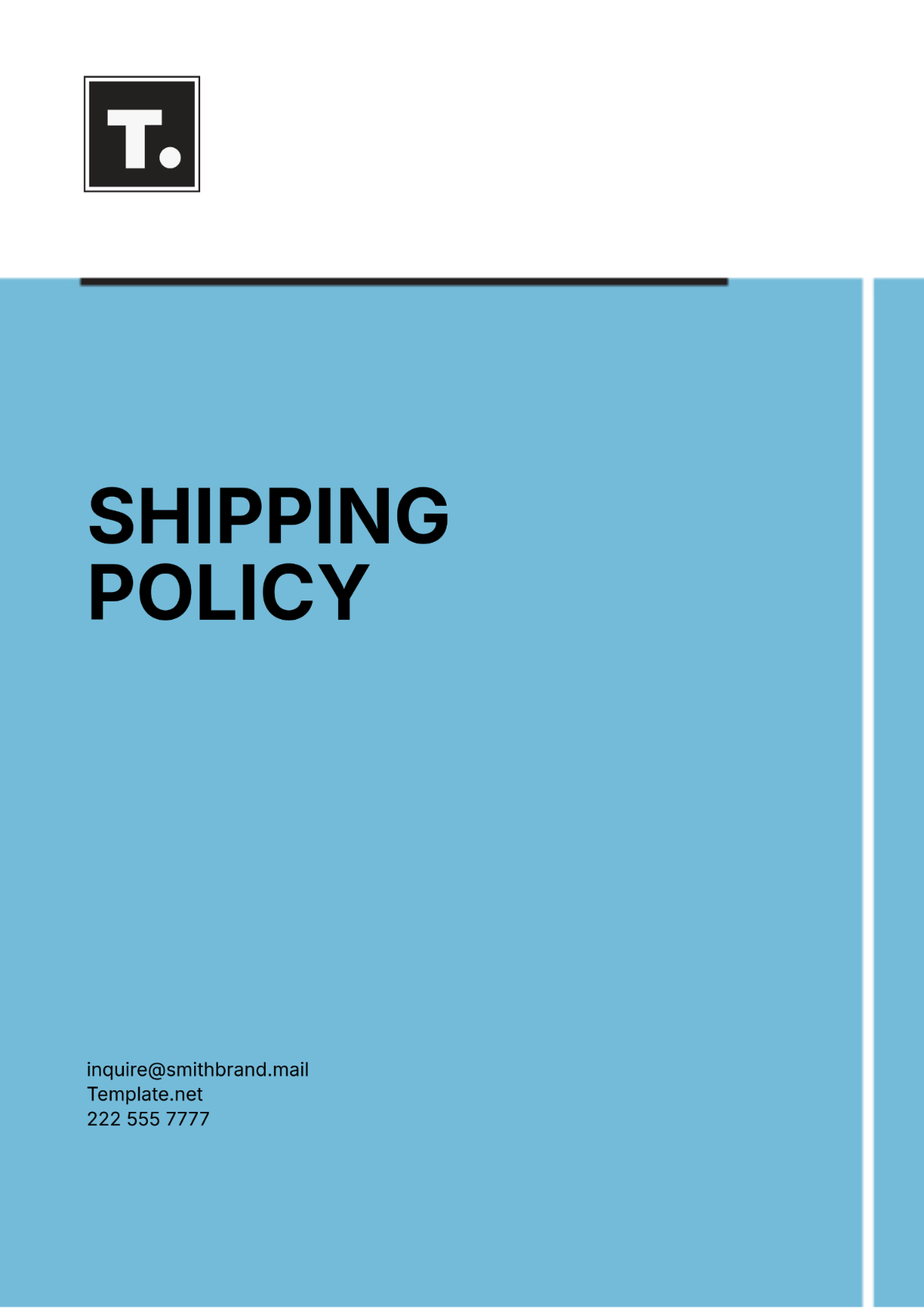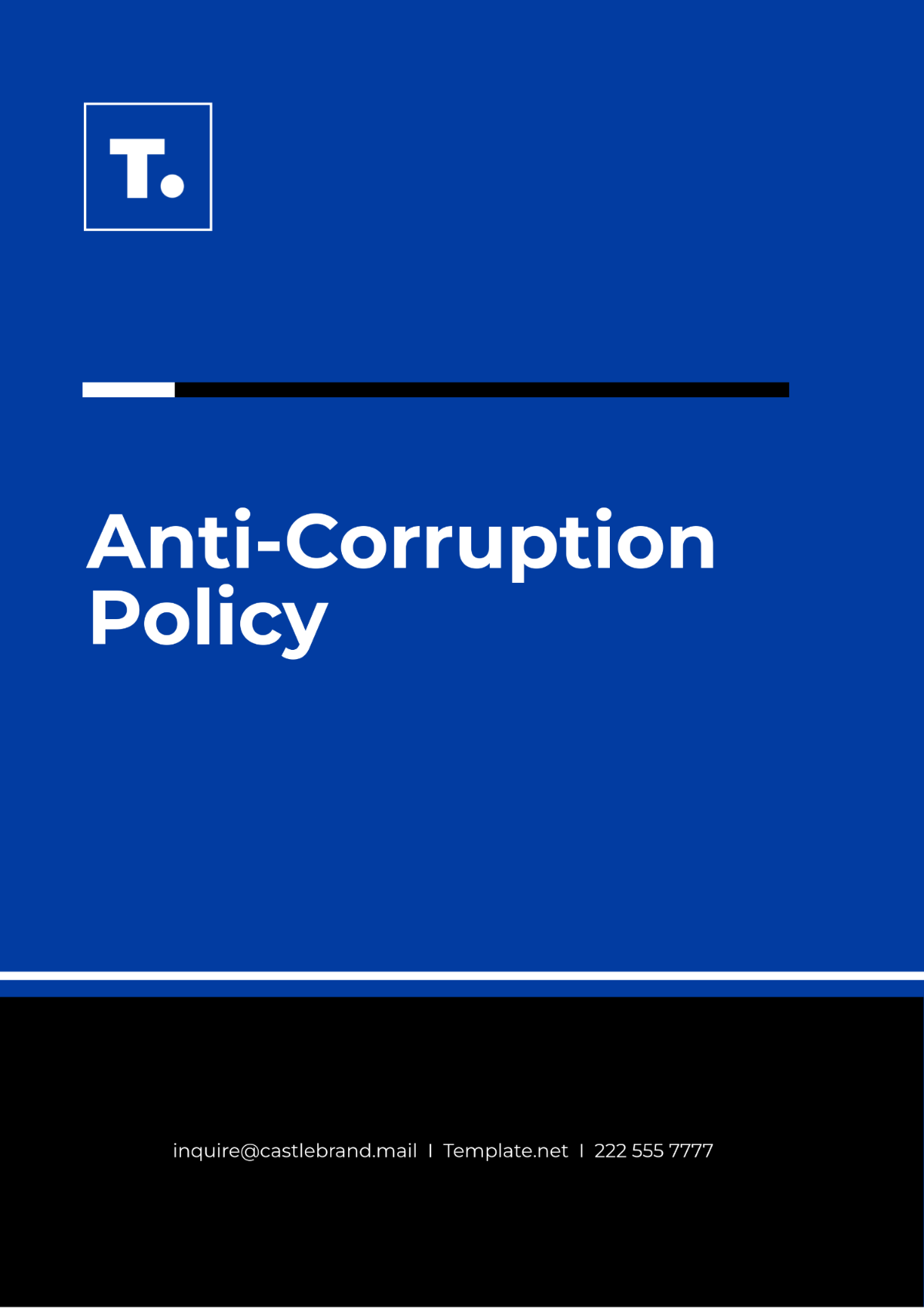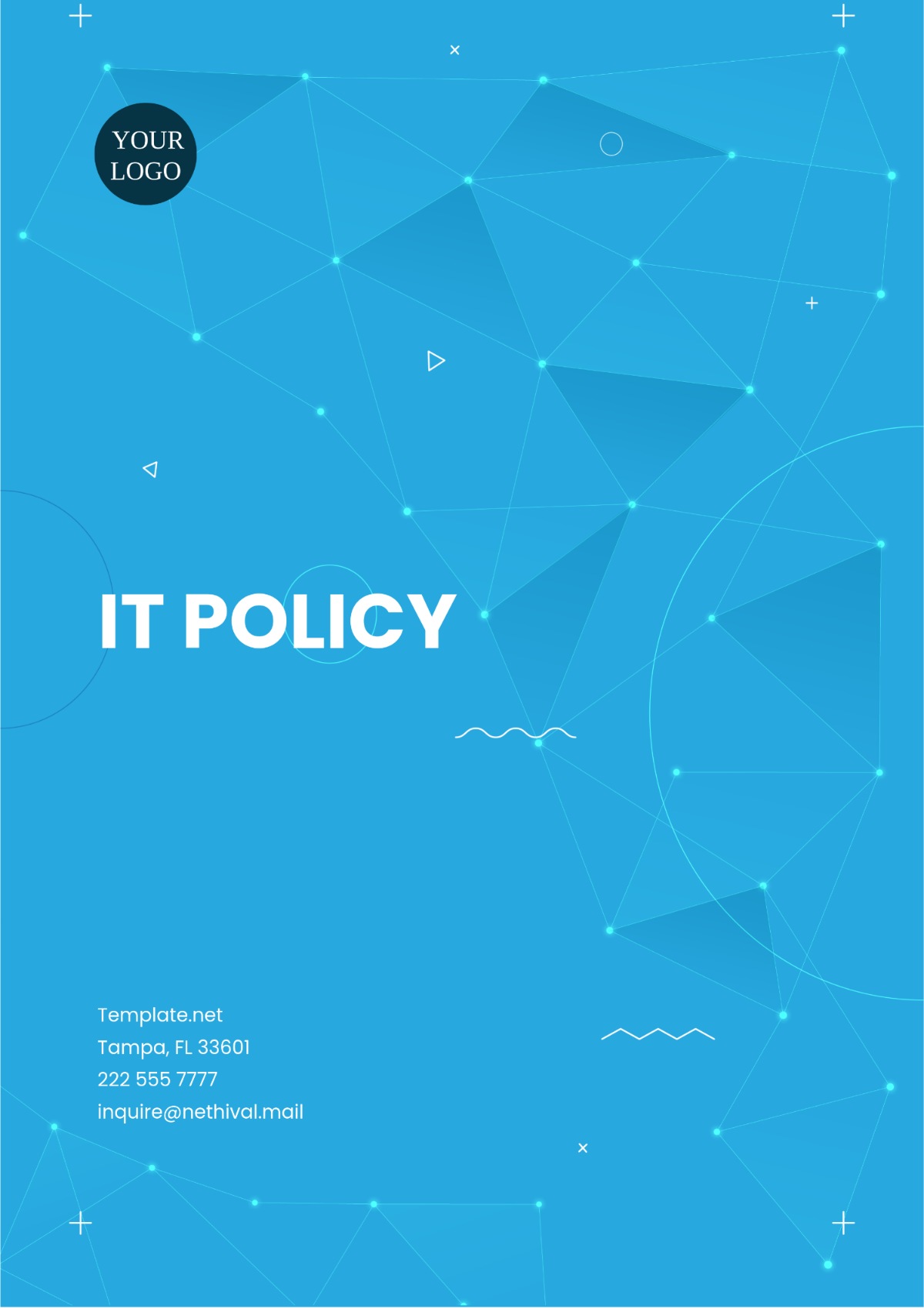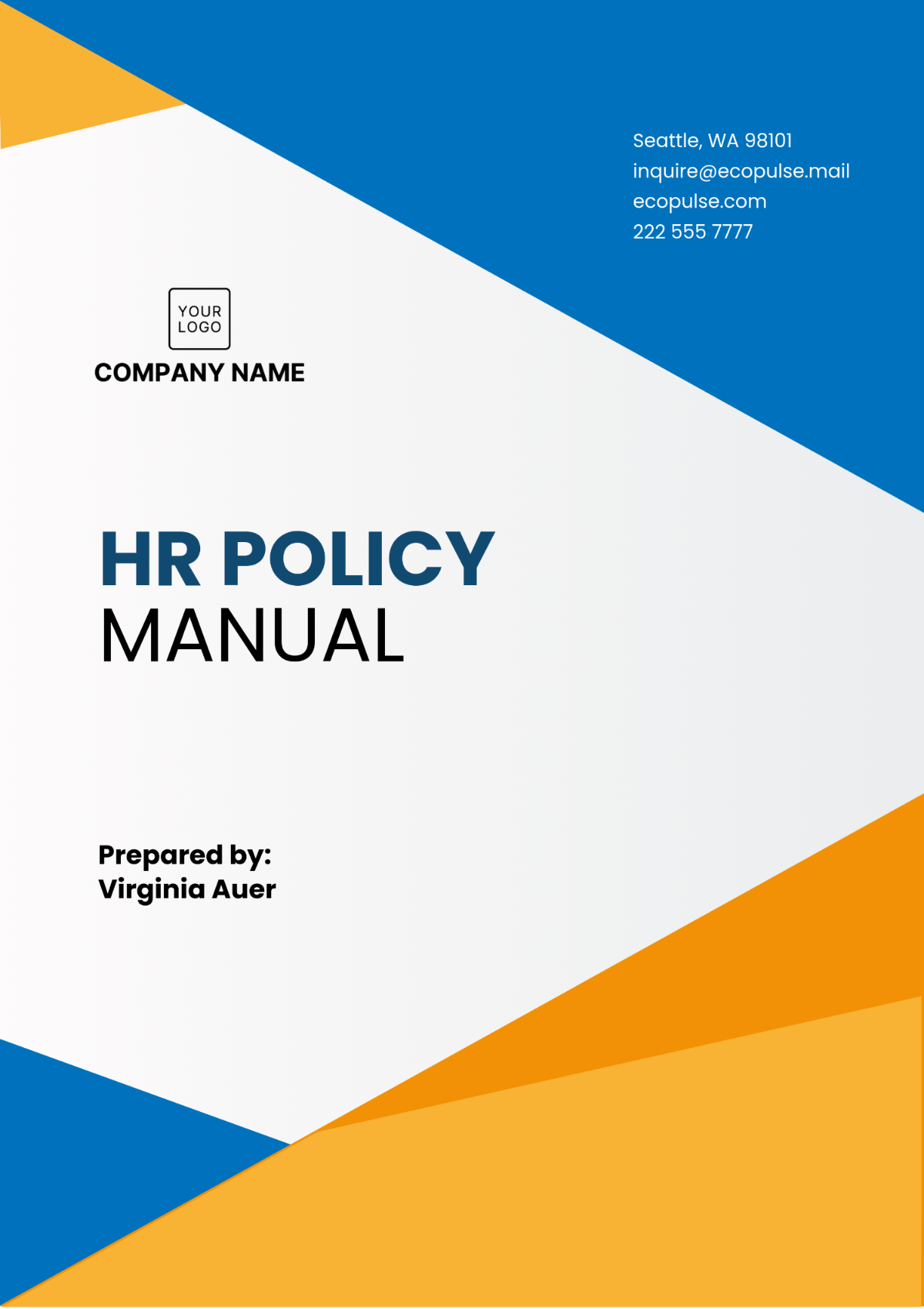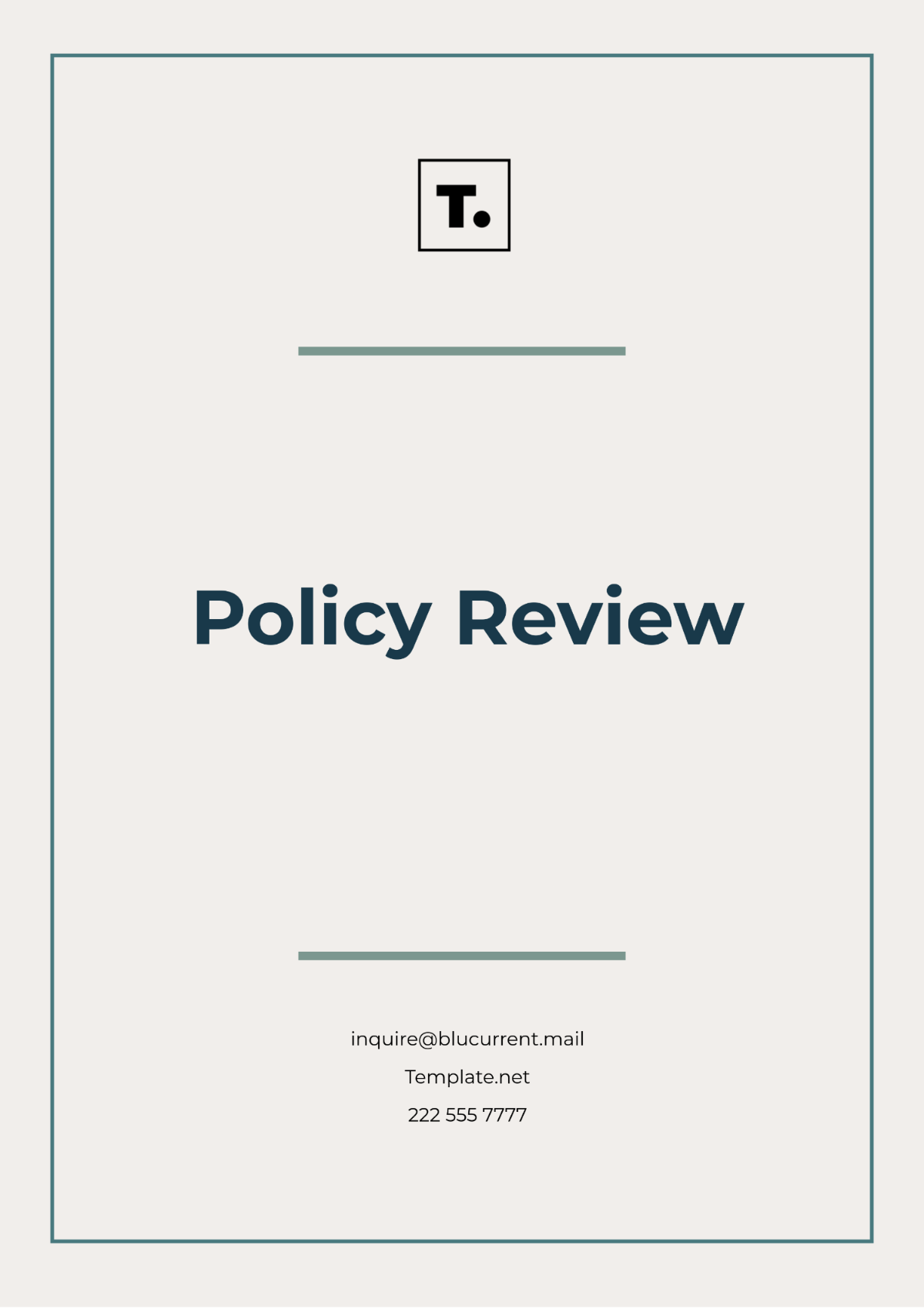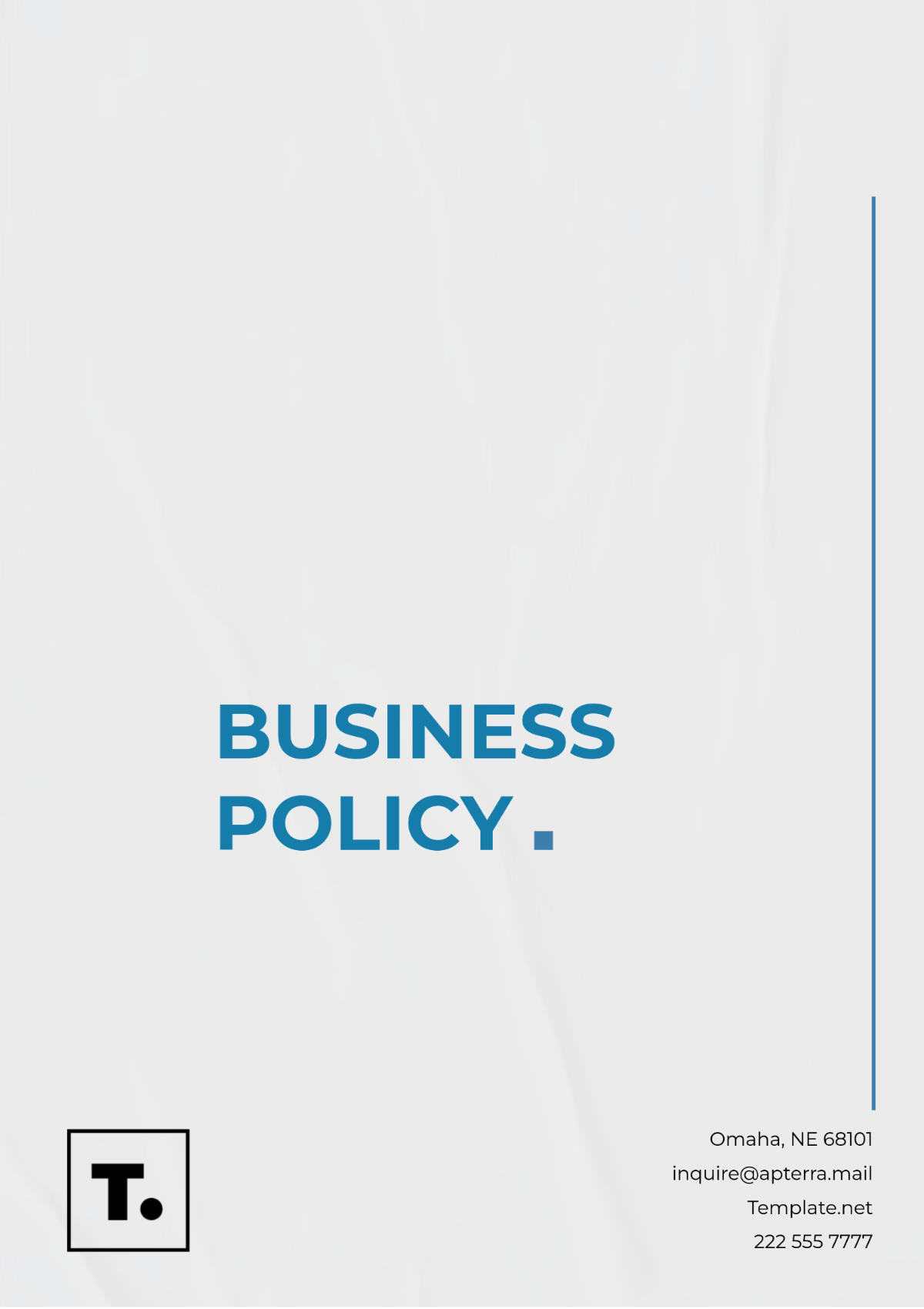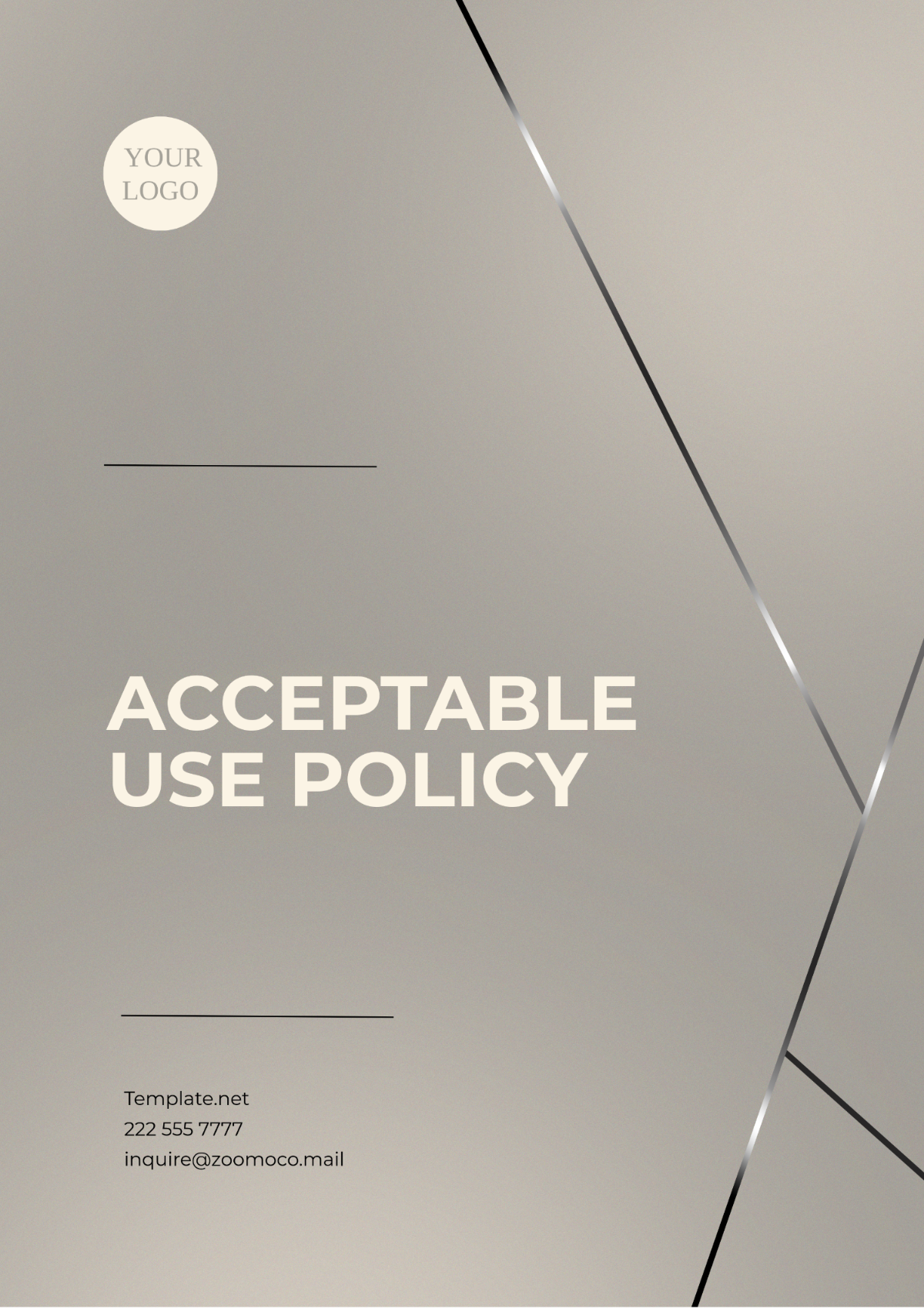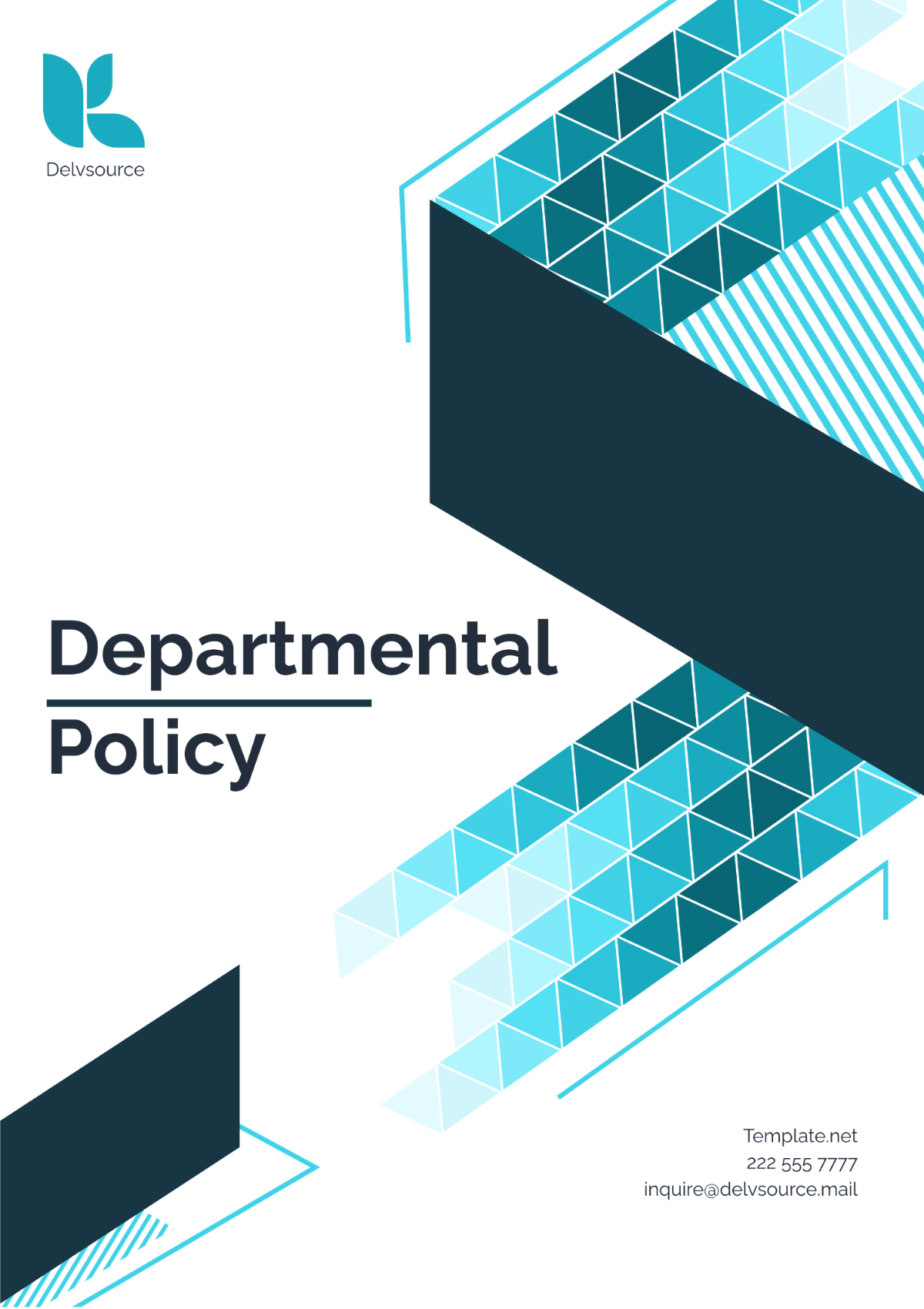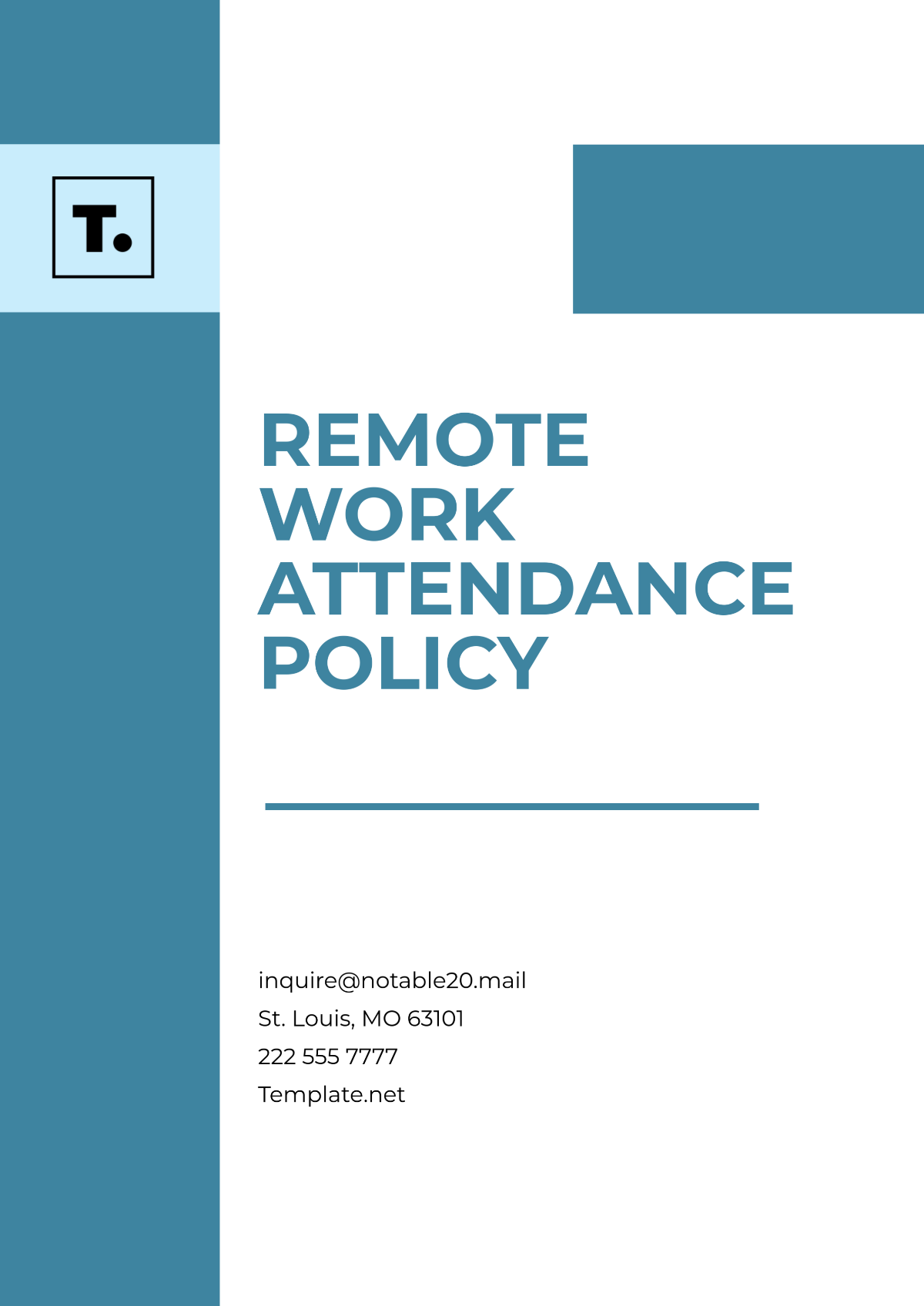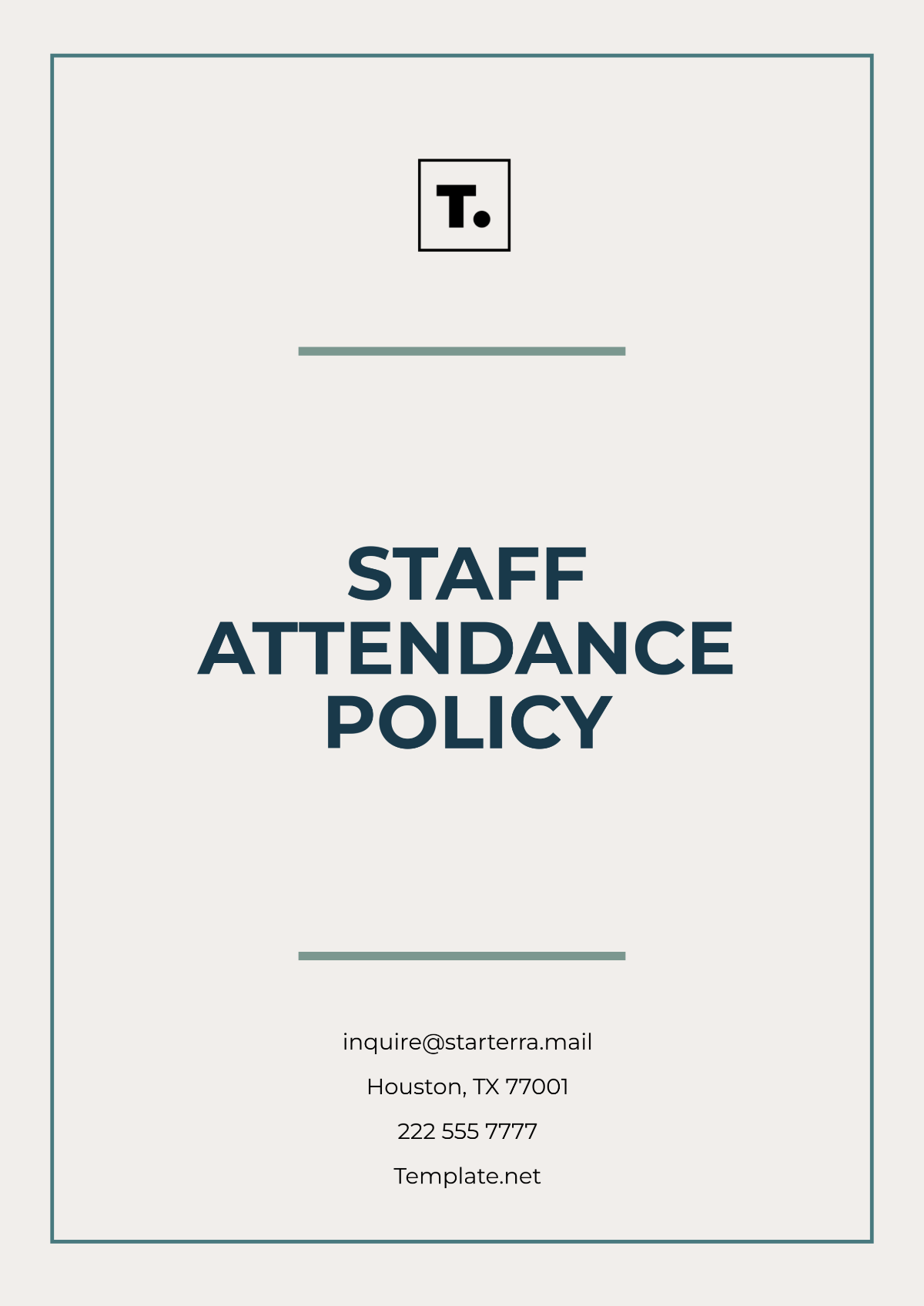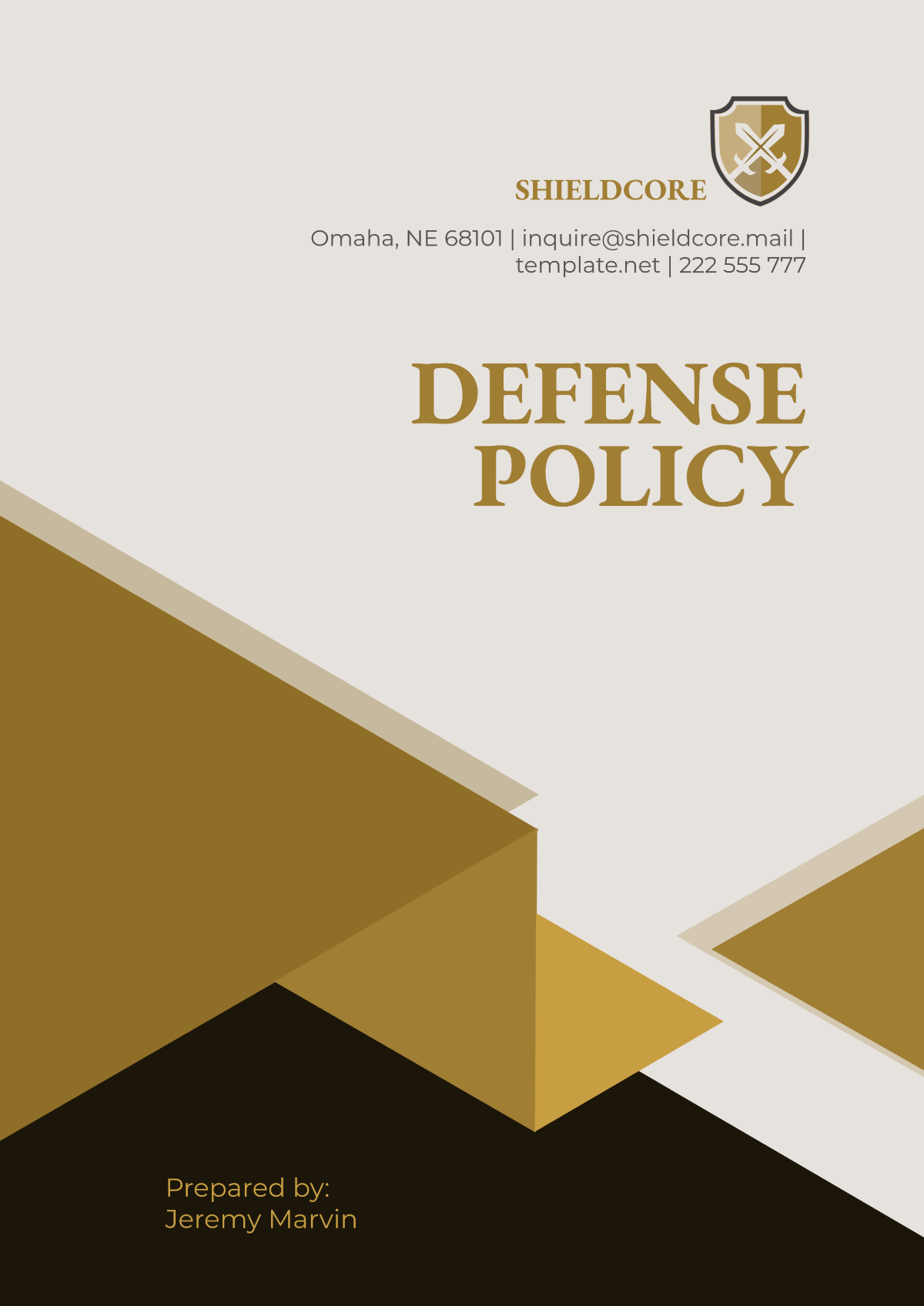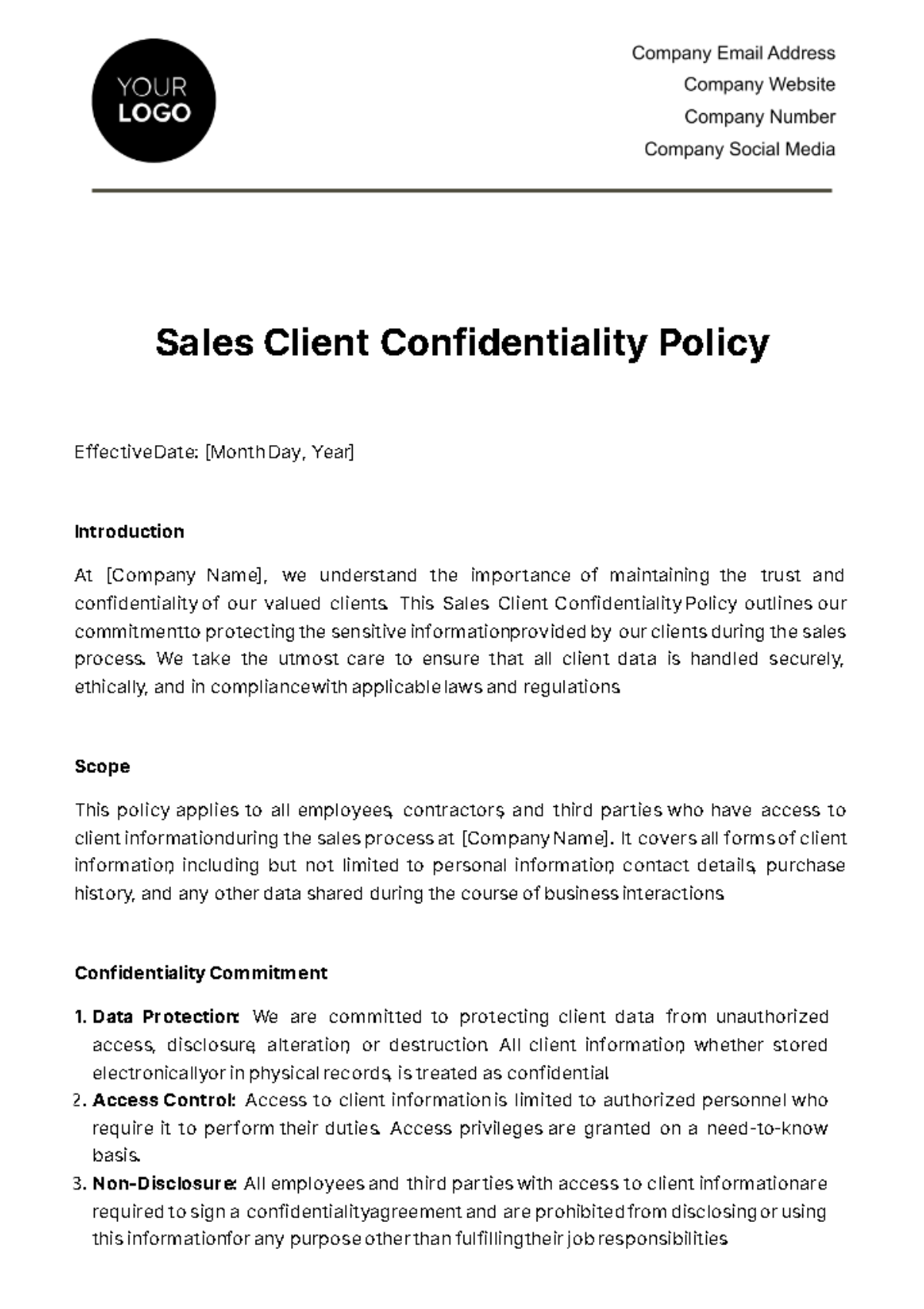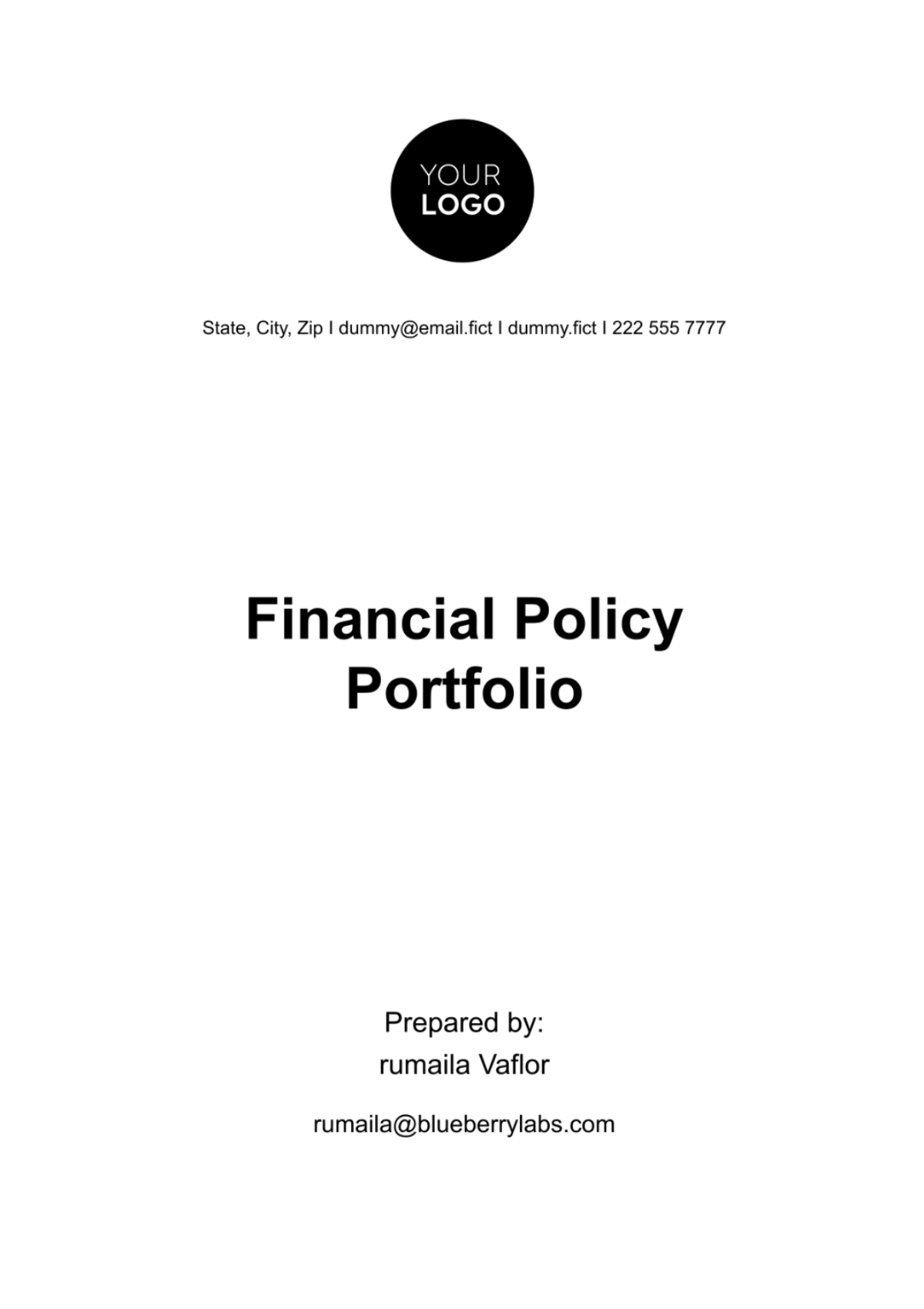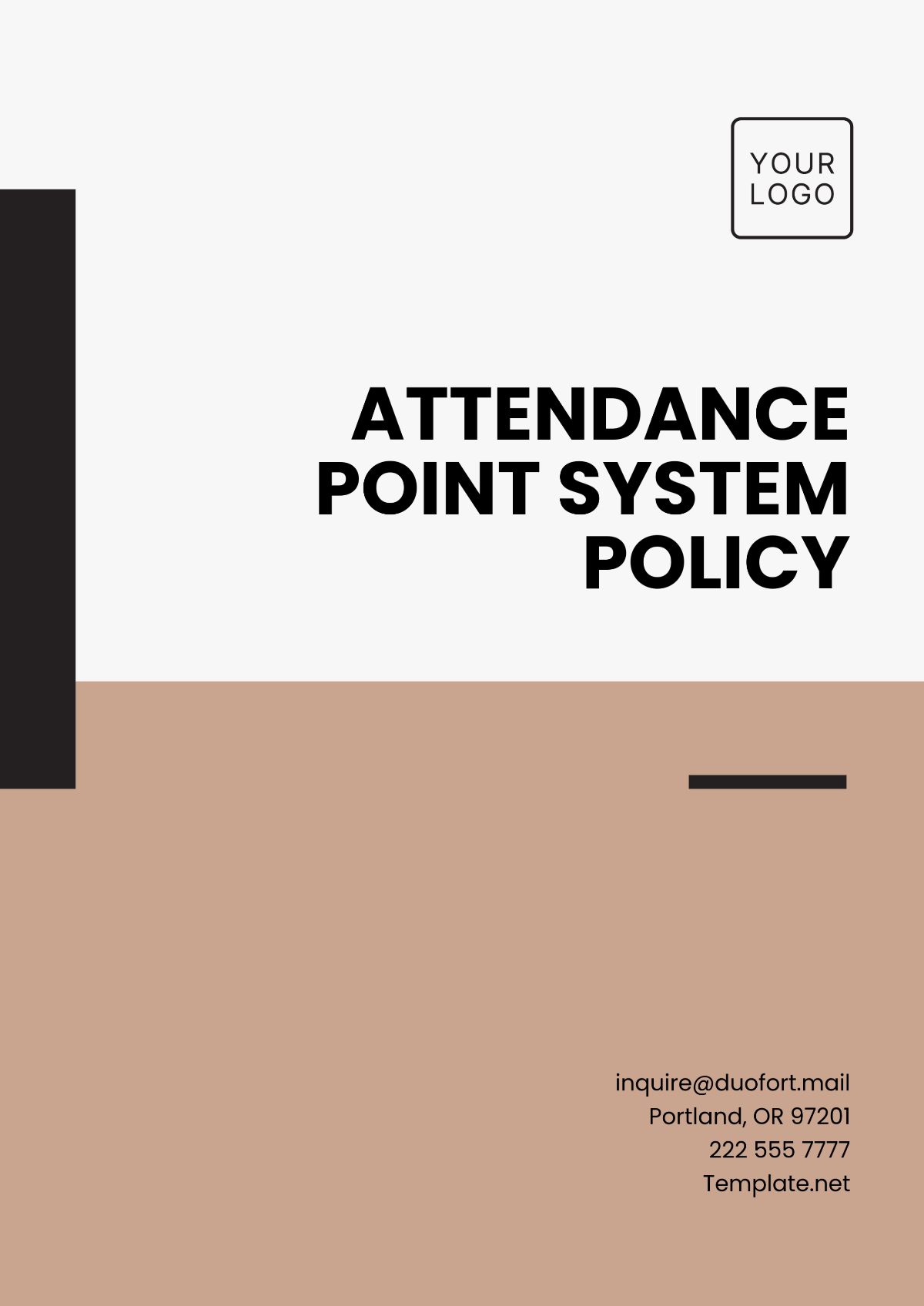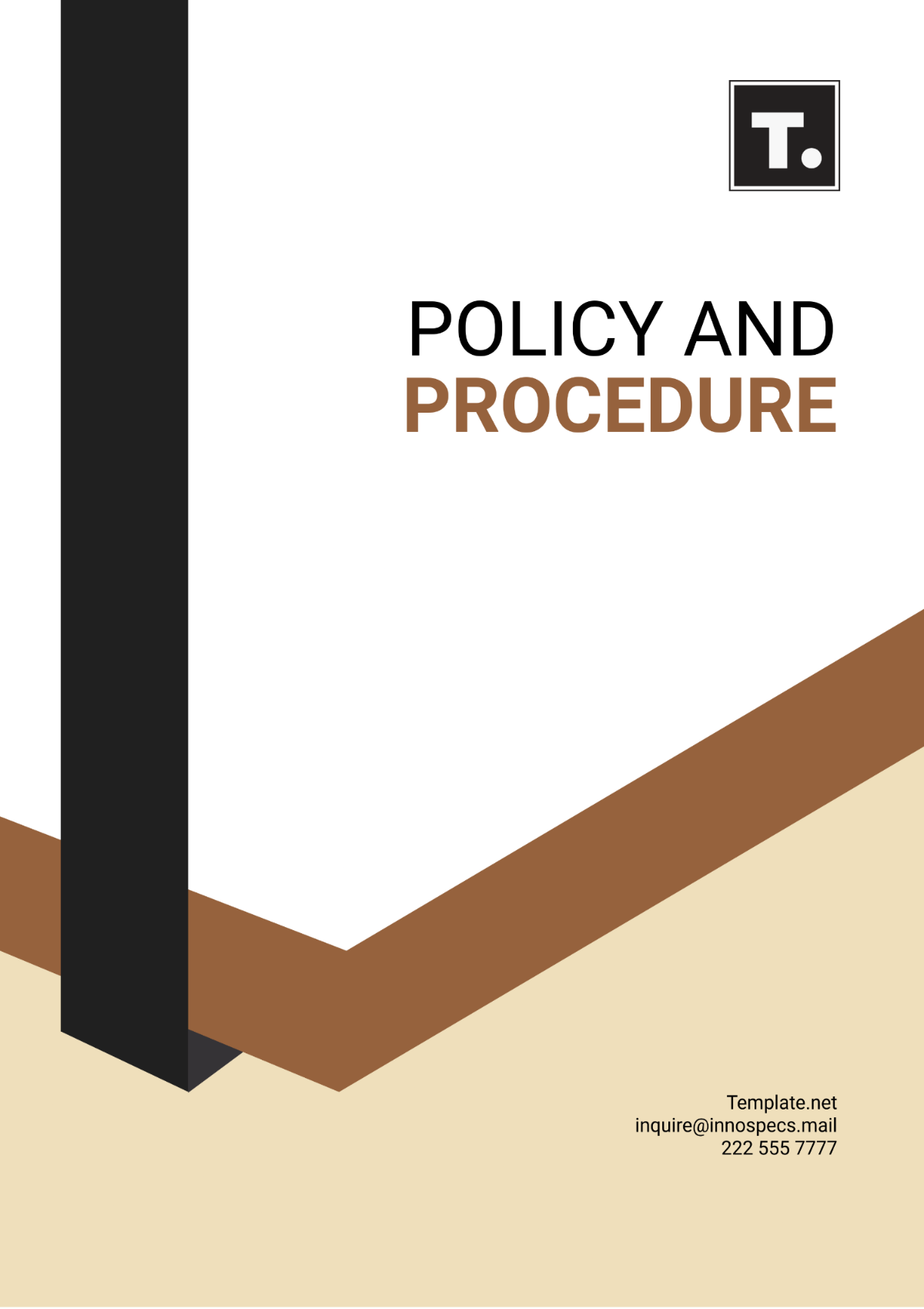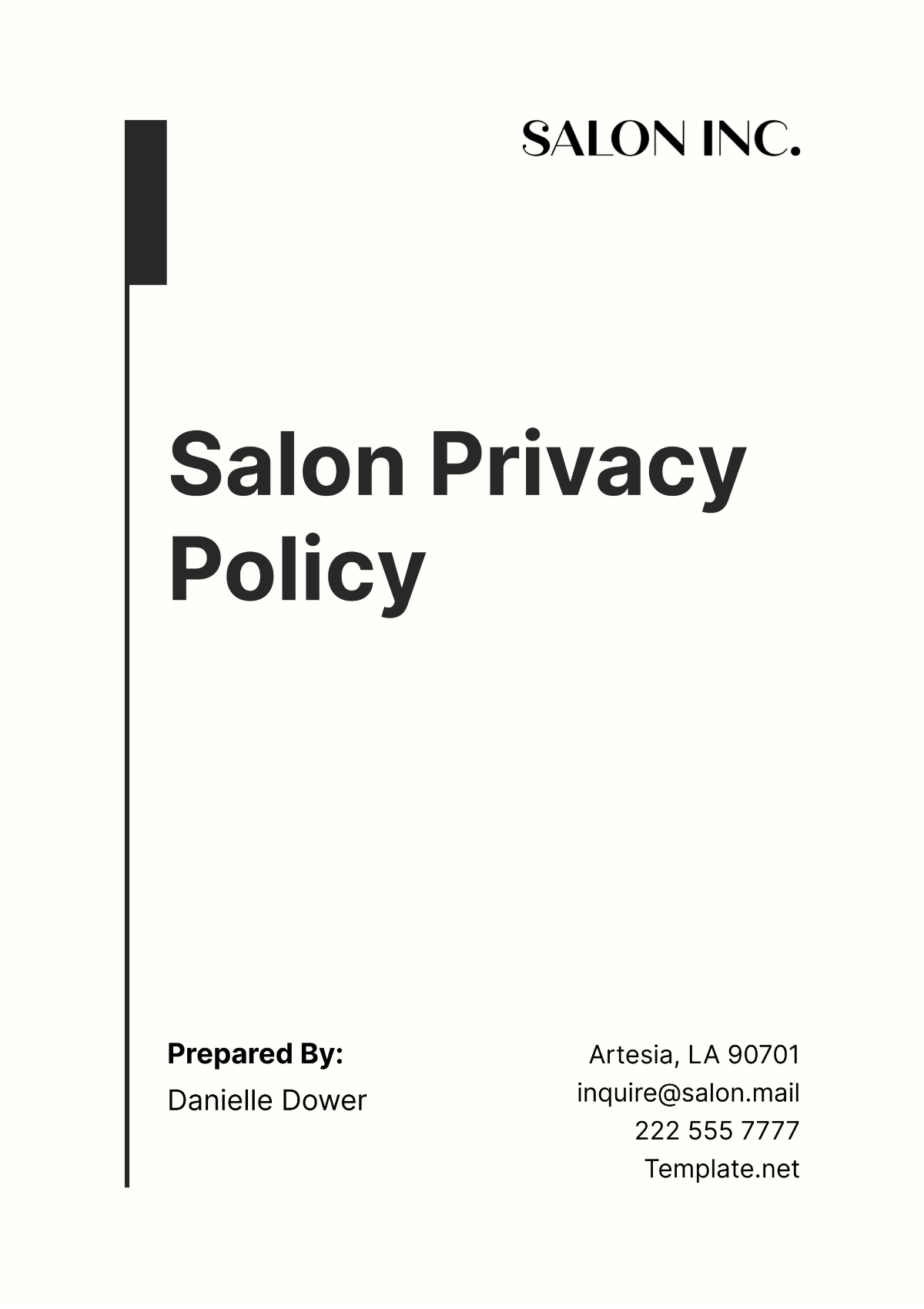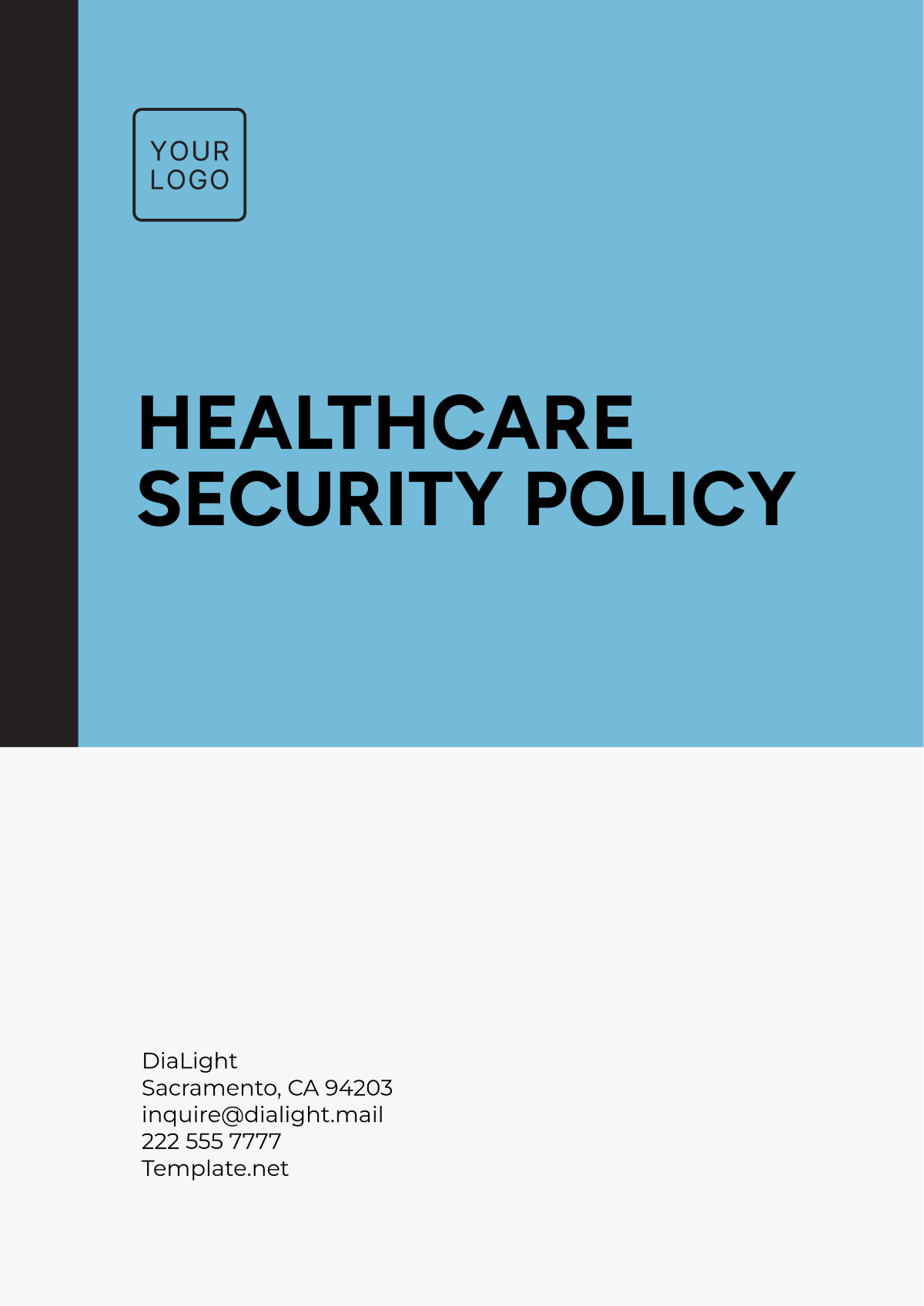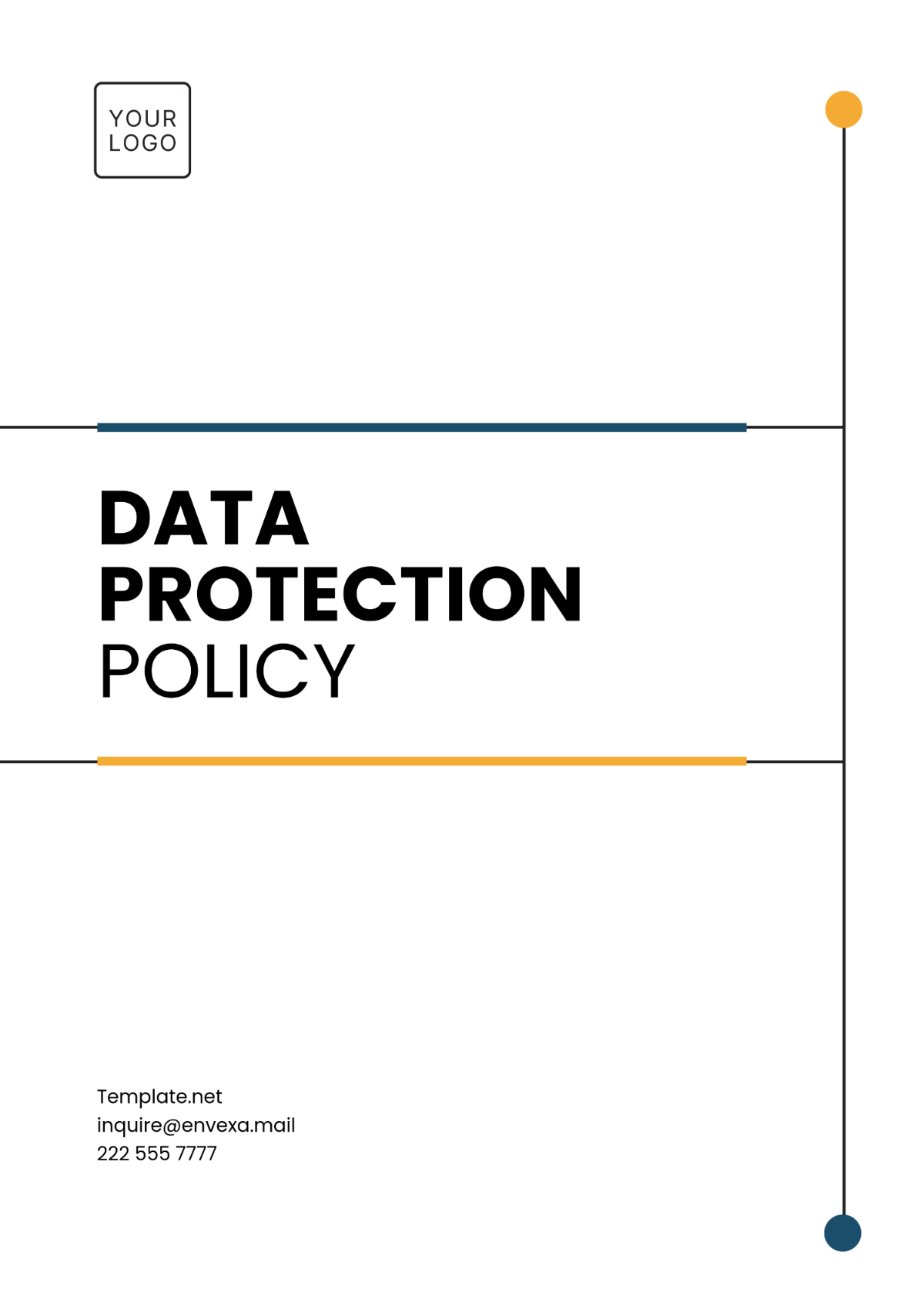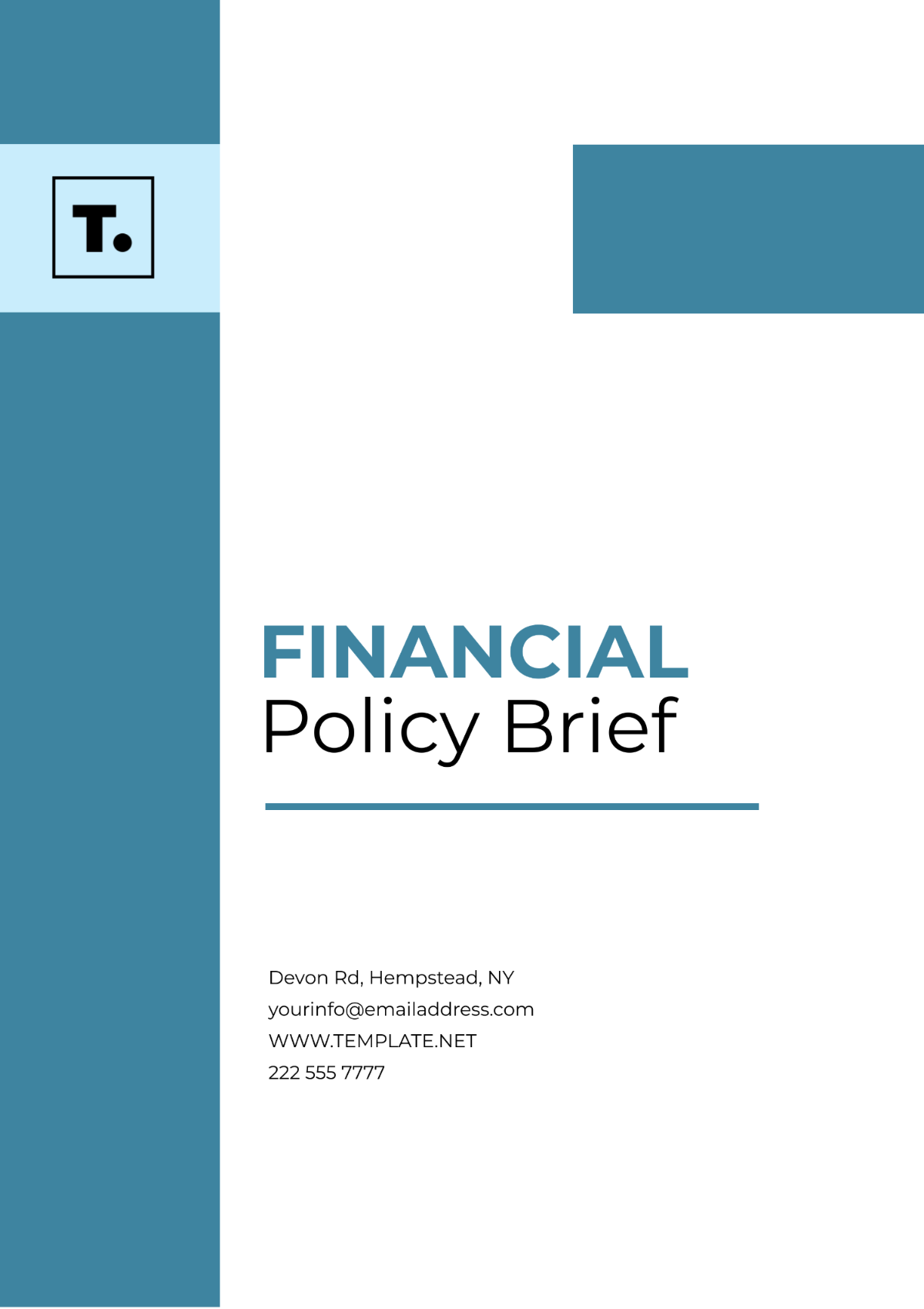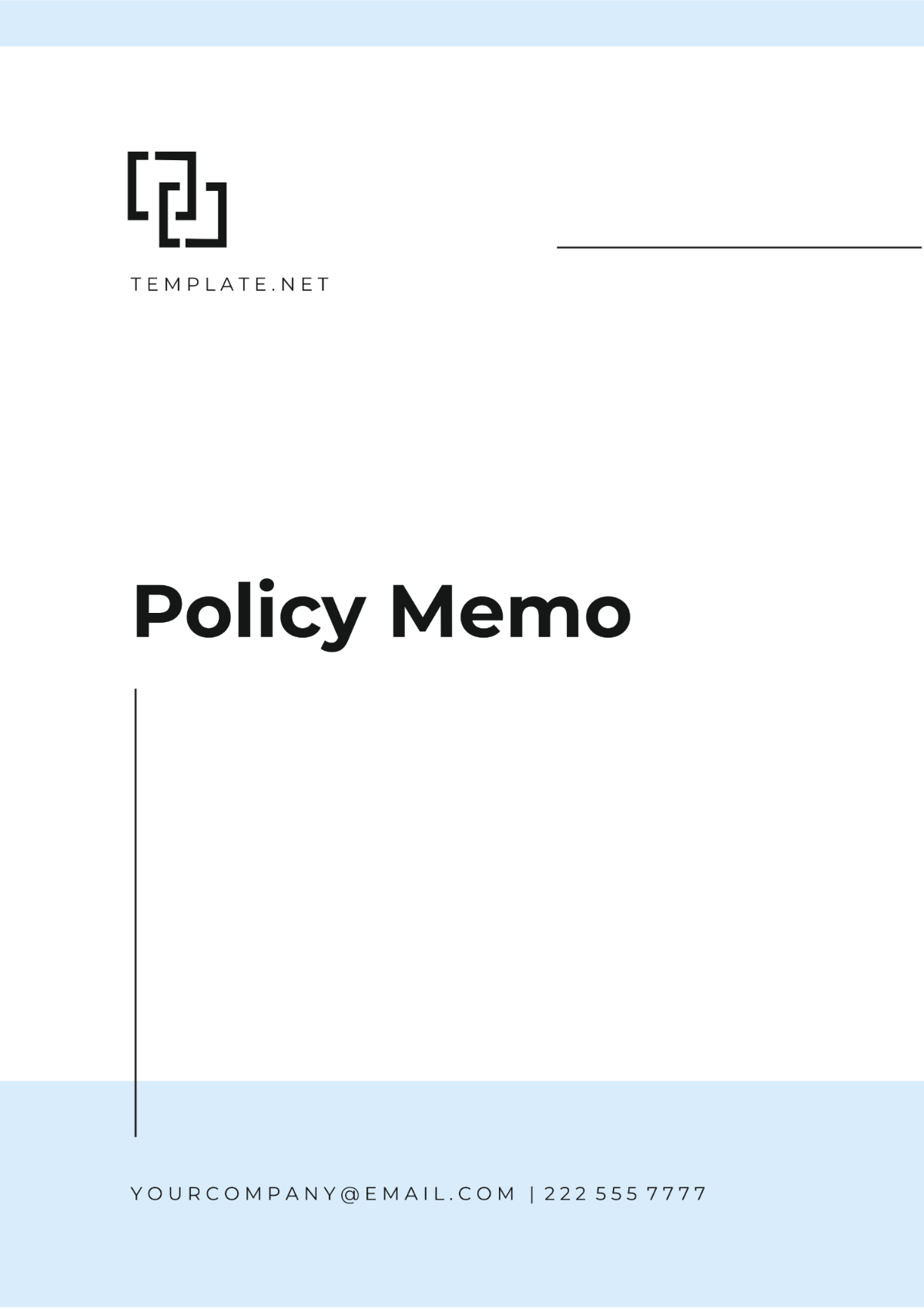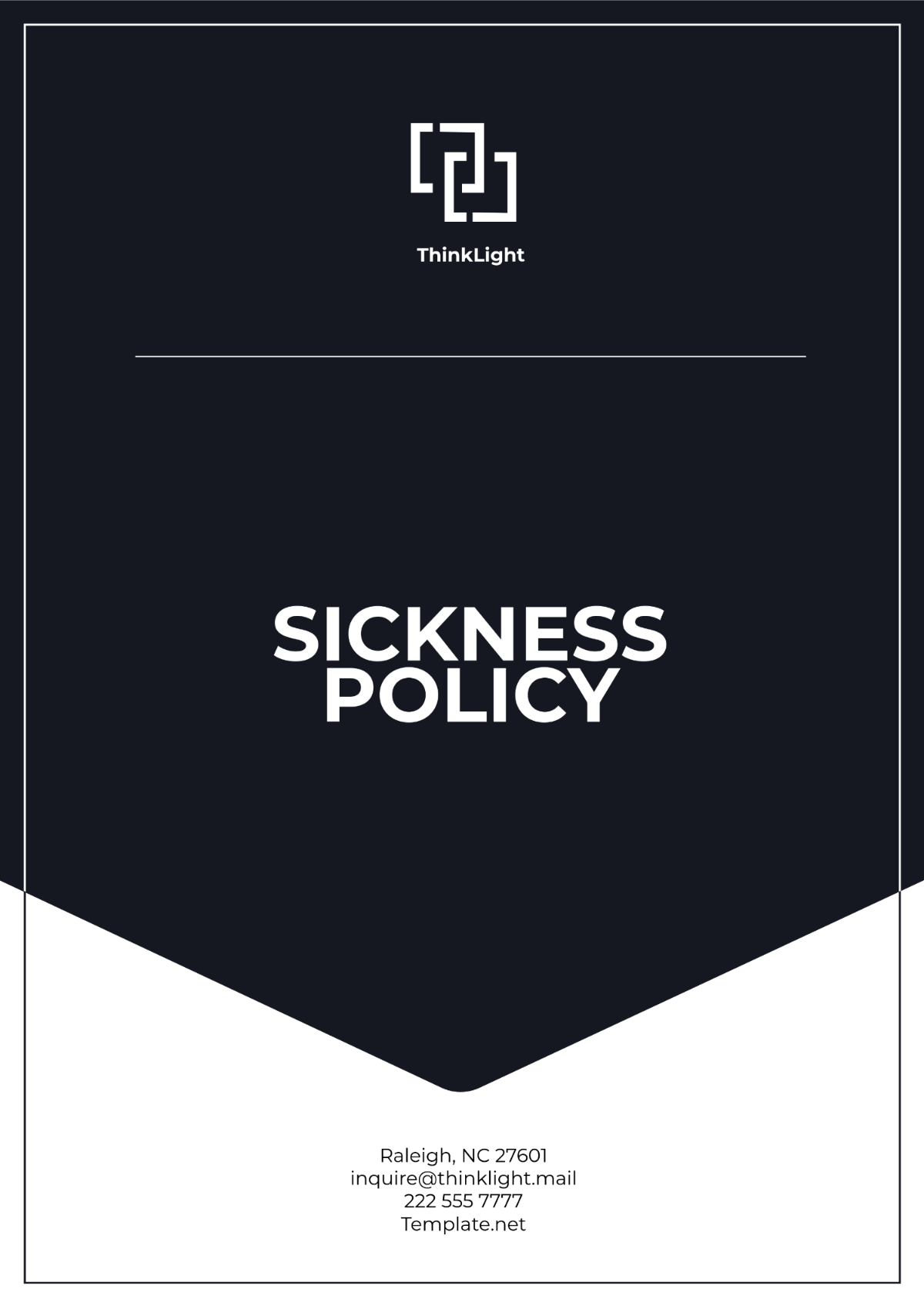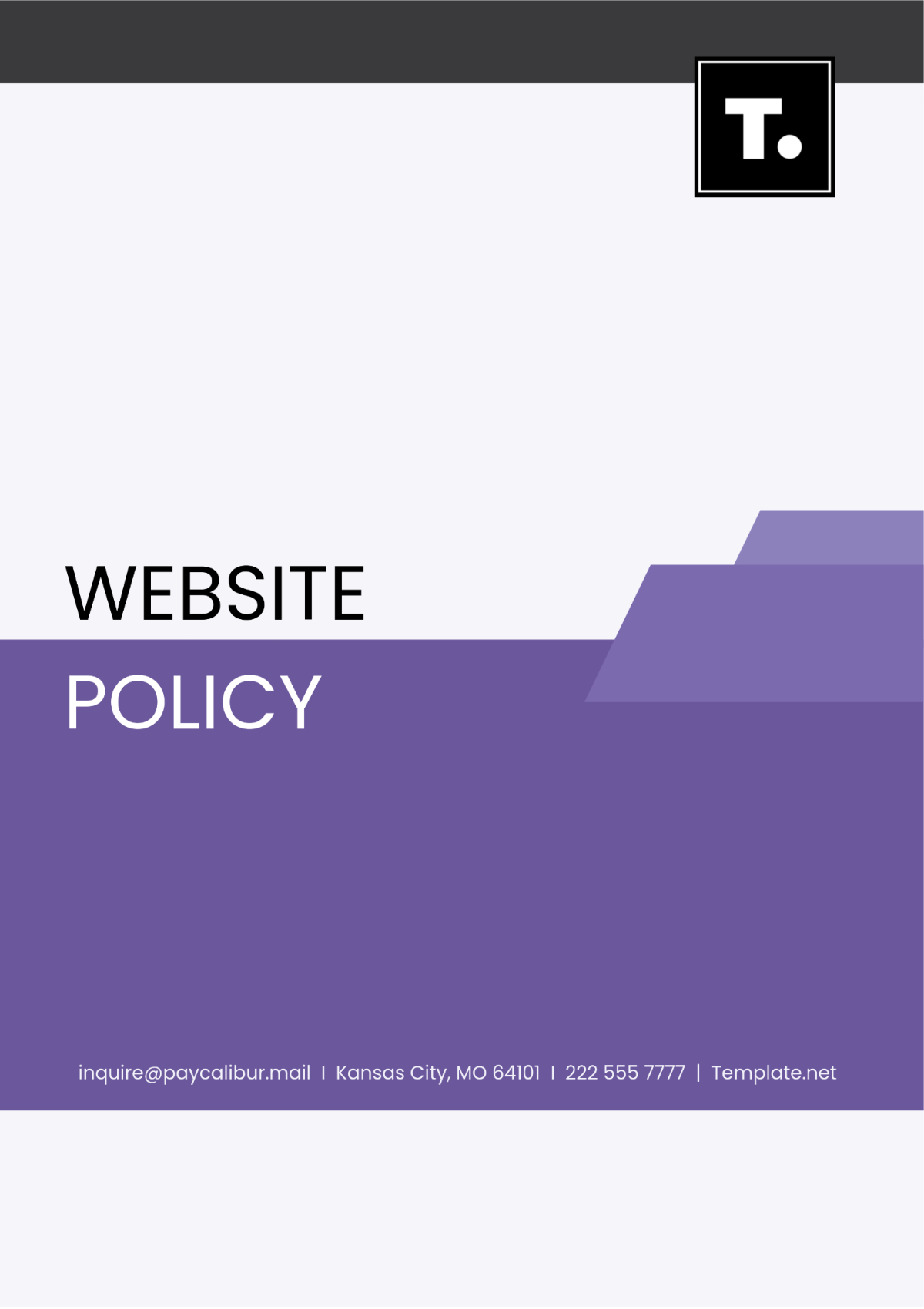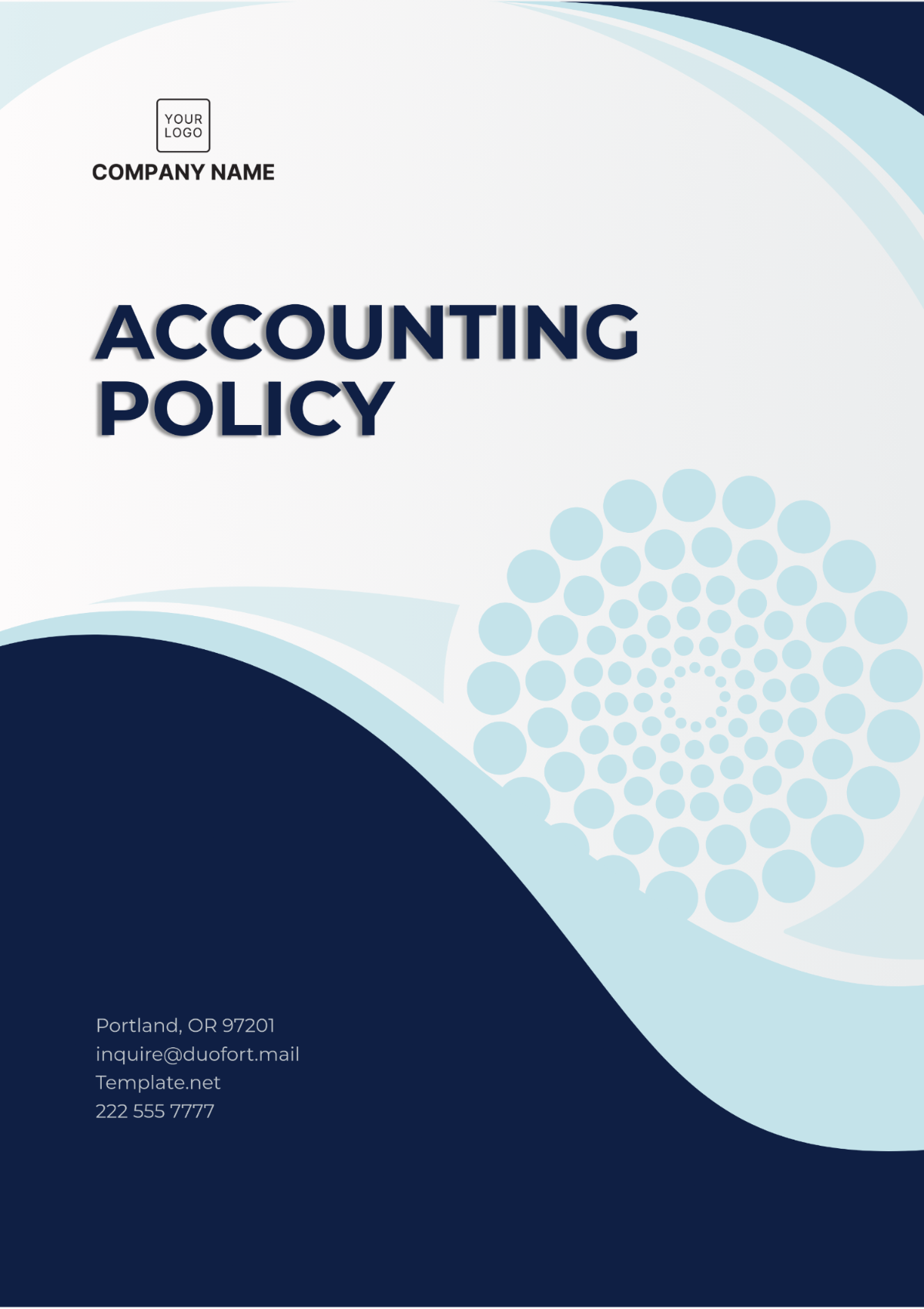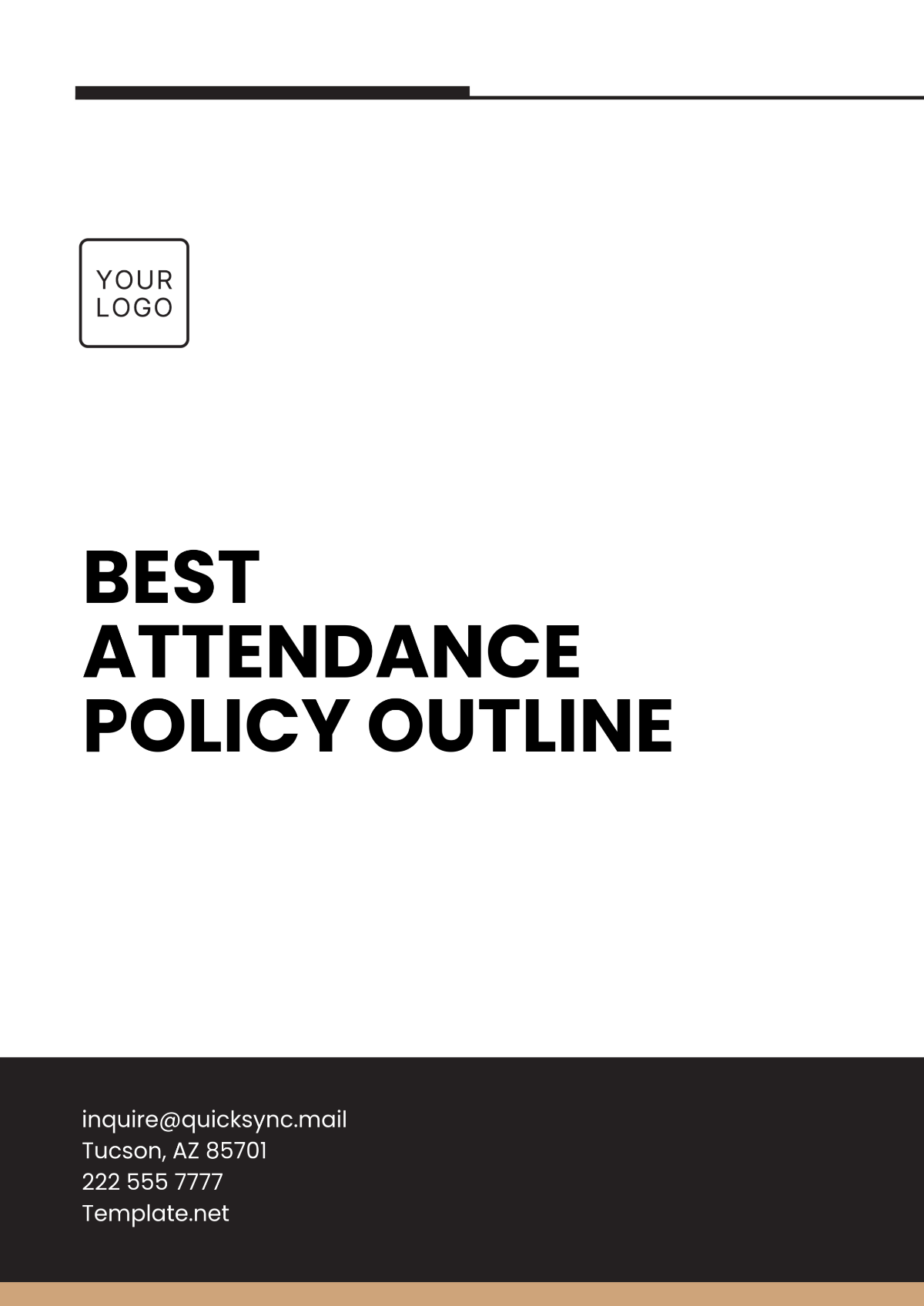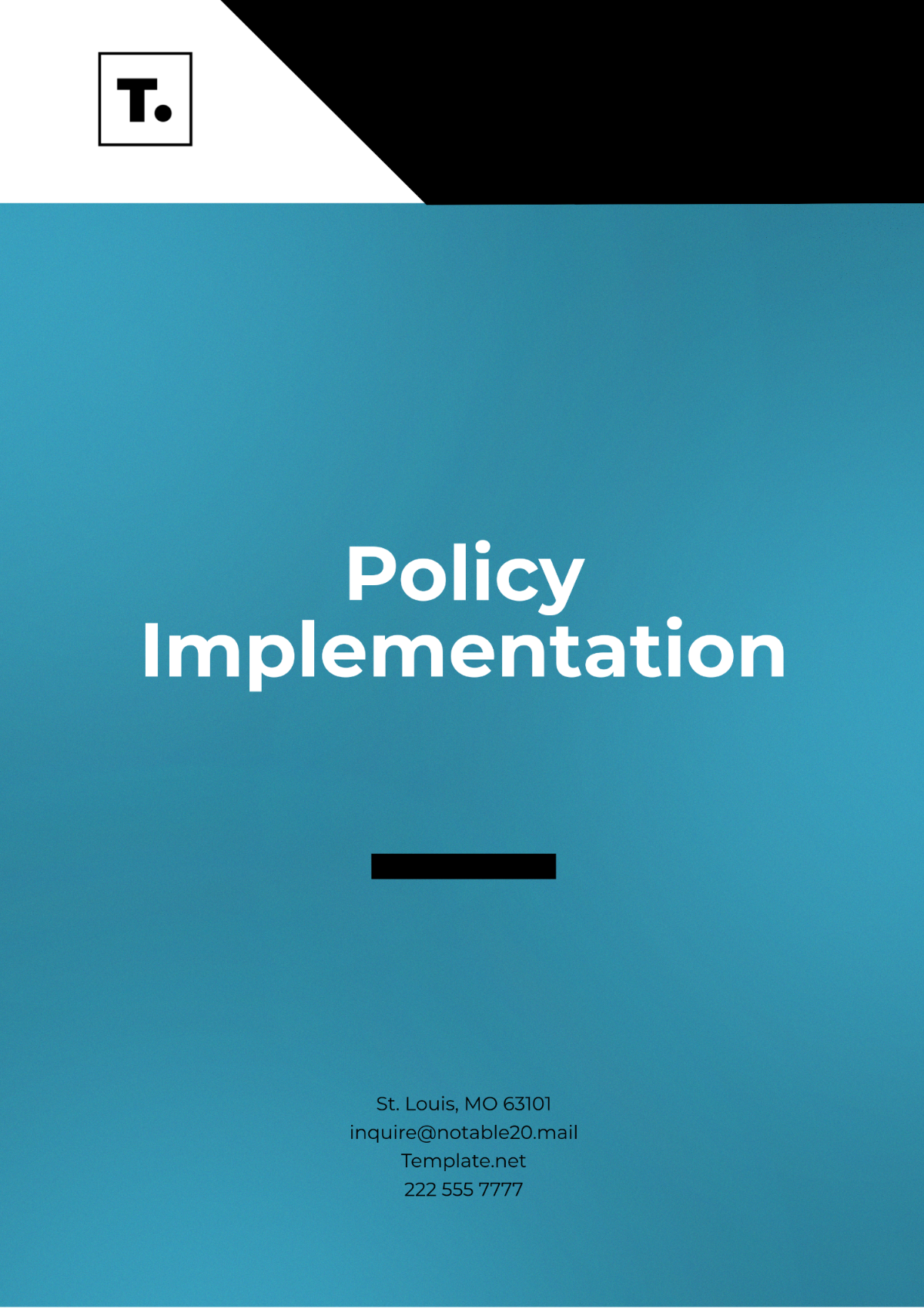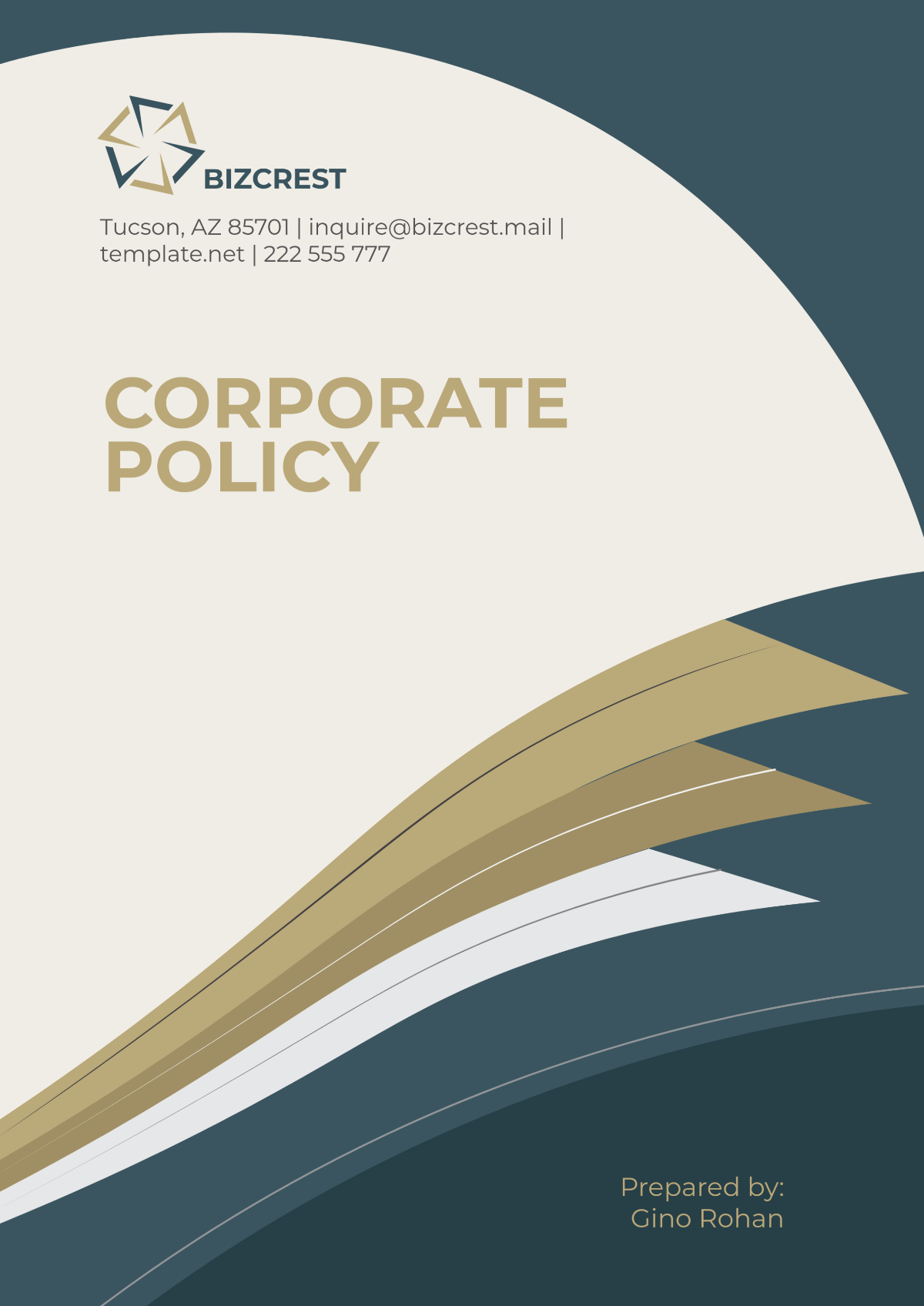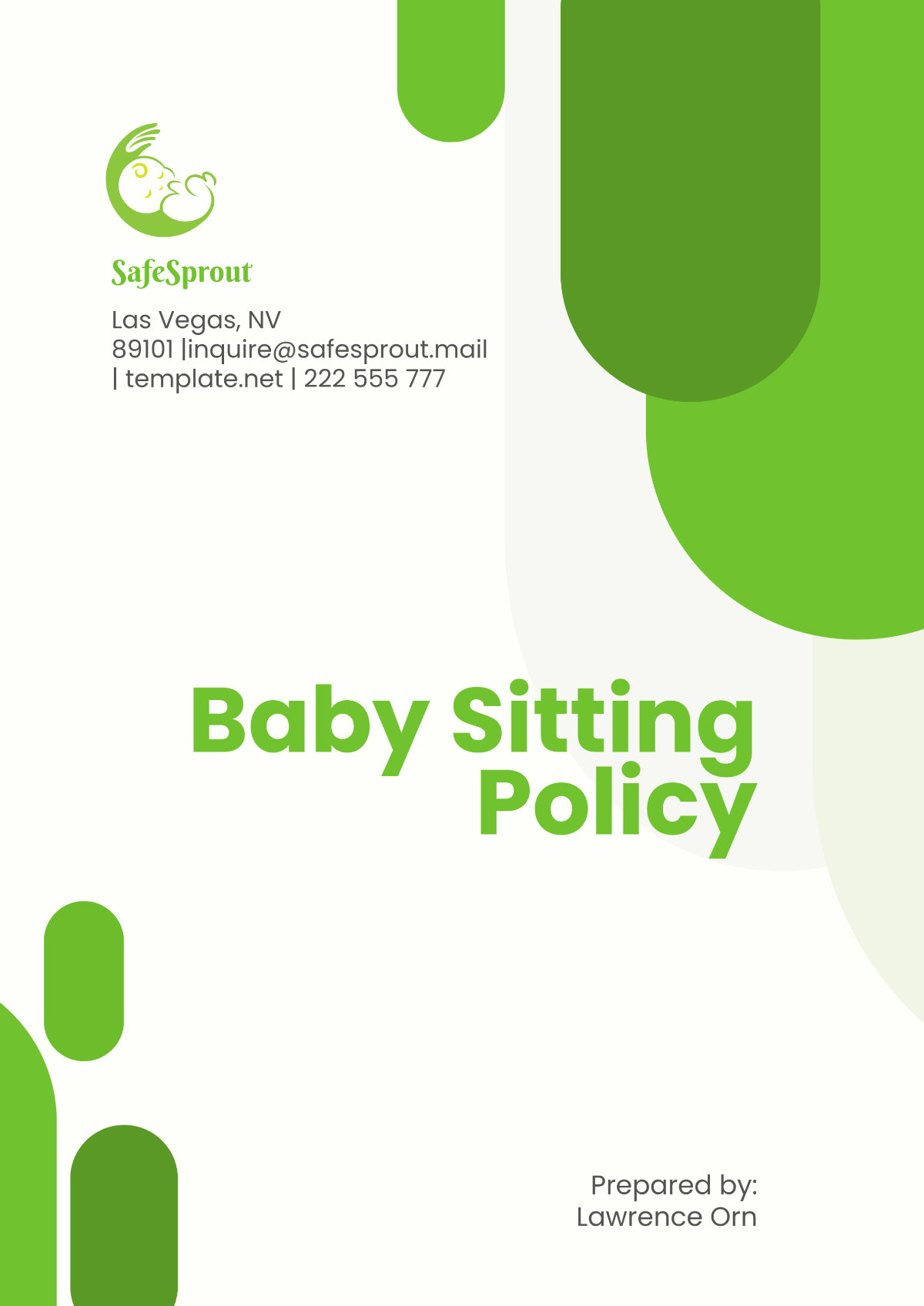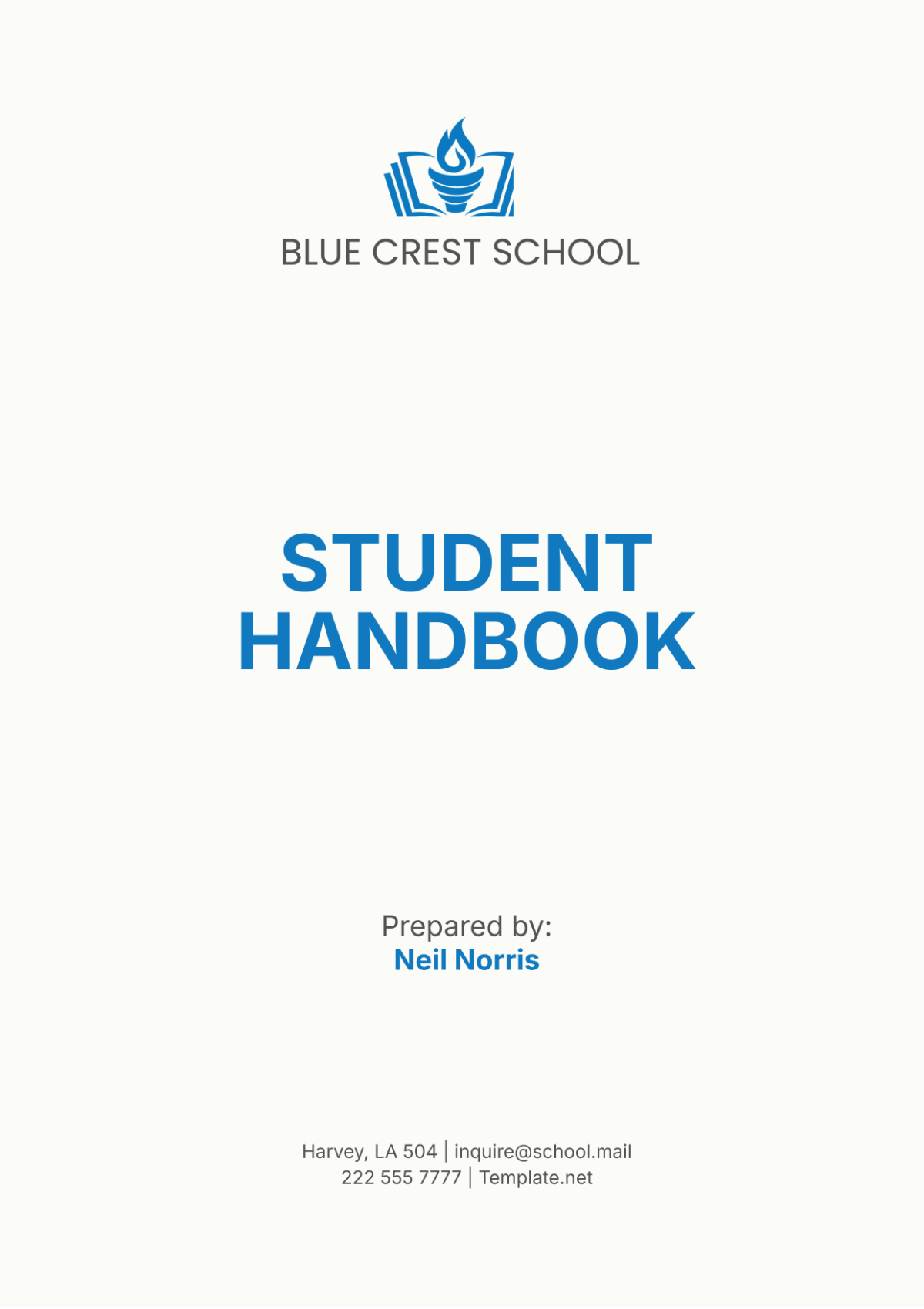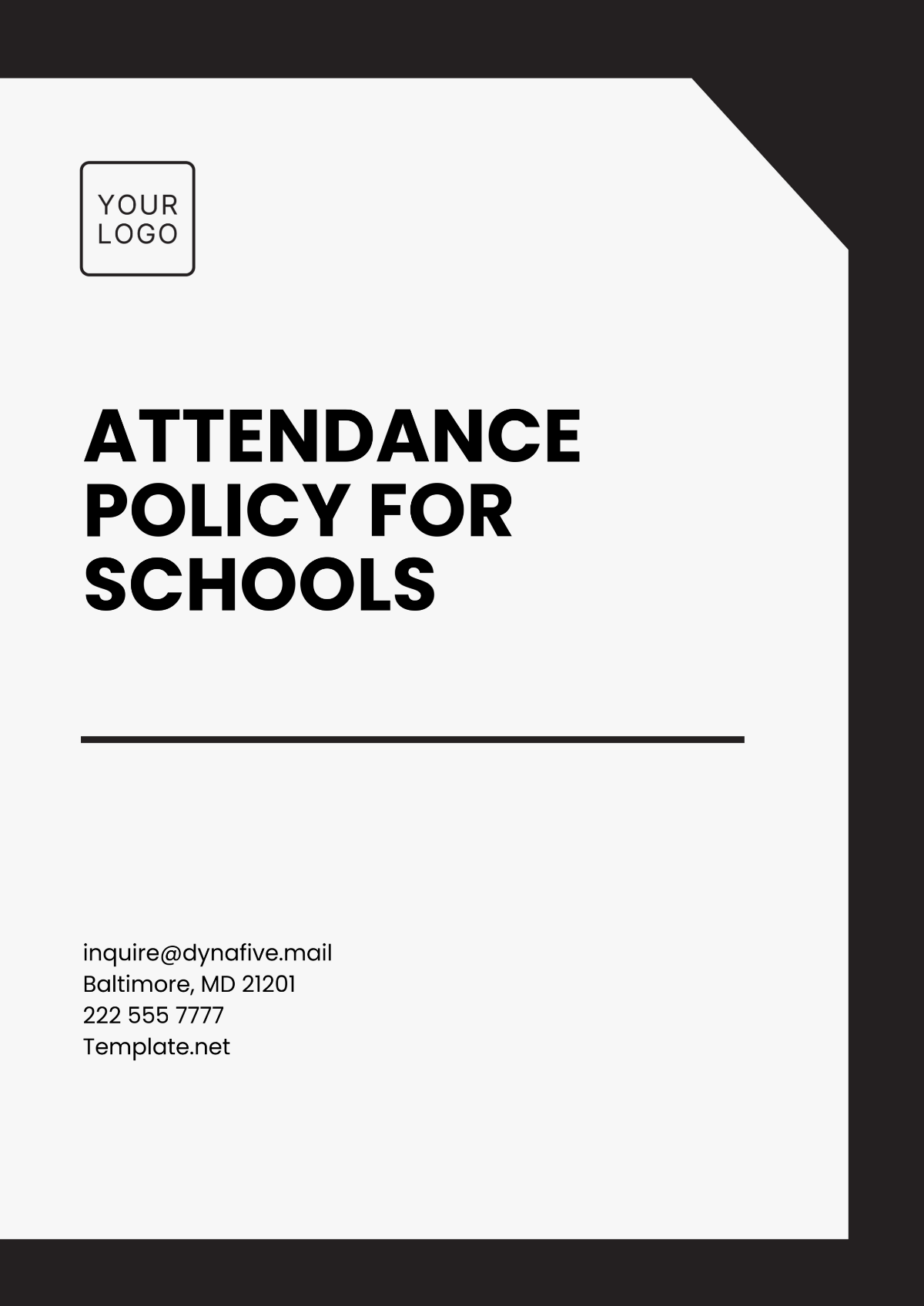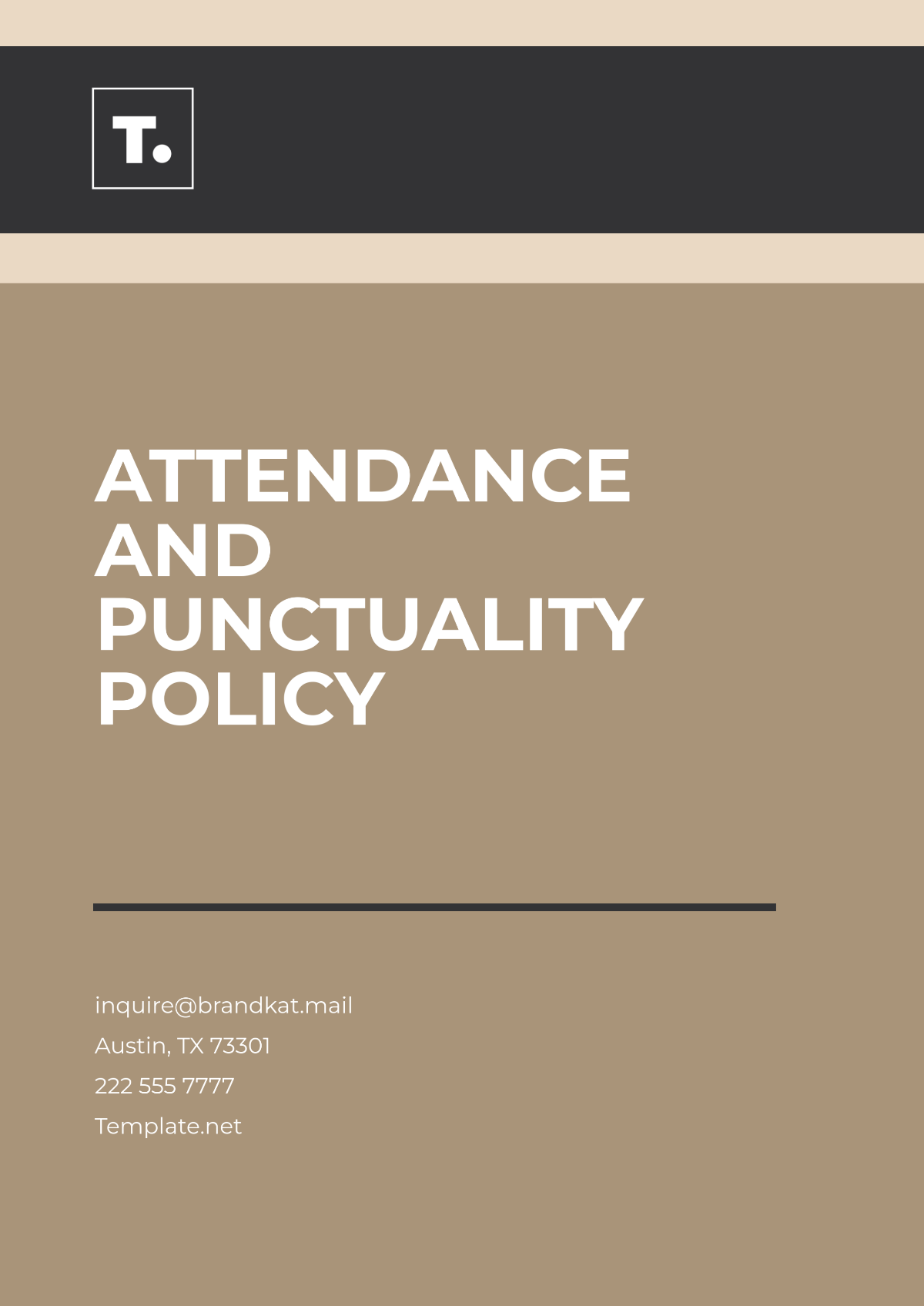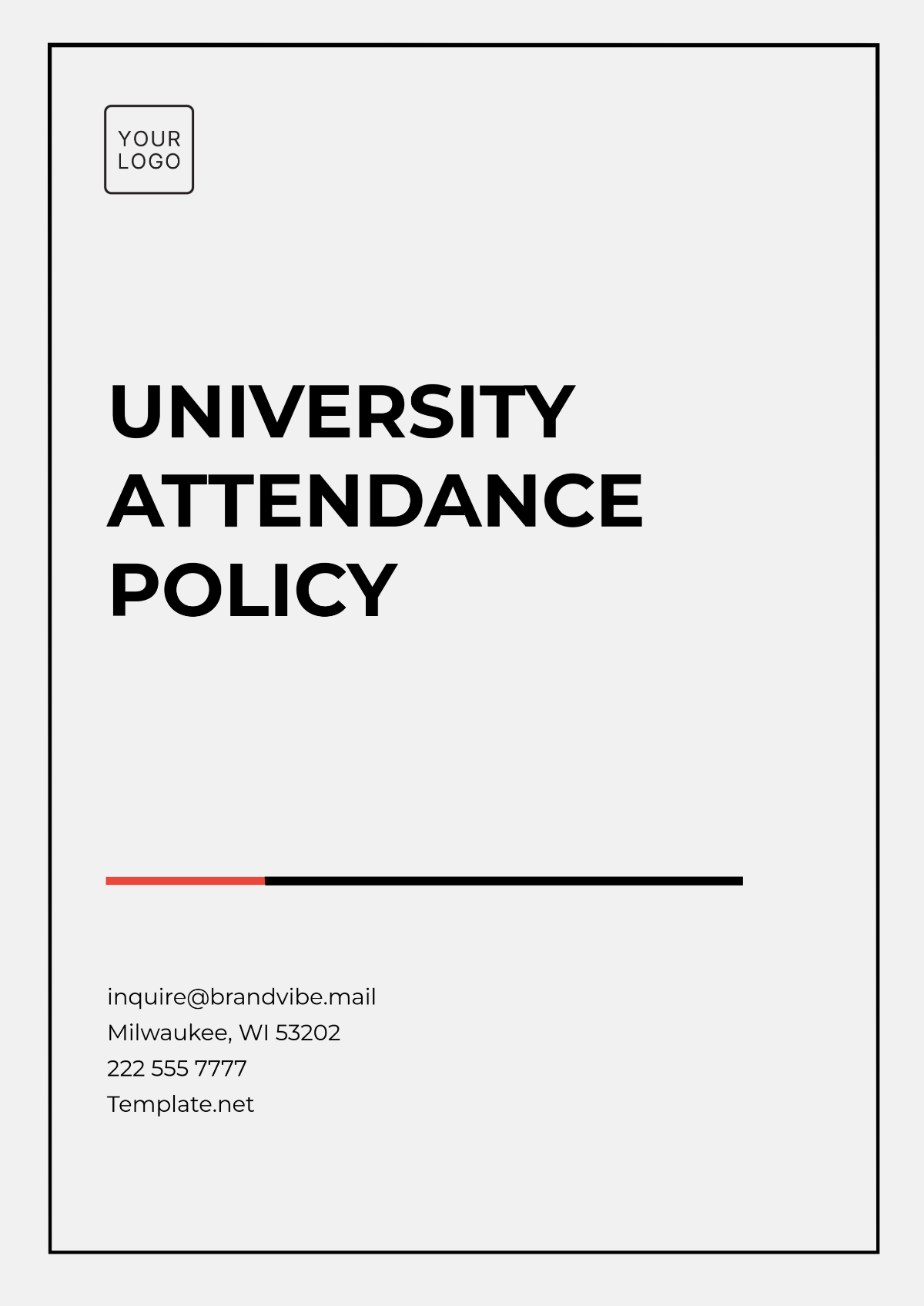Foreign Policy Daily Brief
Prepared by: [YOUR NAME]
INTRODUCTION
Recent global events have underscored the interconnectedness of nations and the importance of effective diplomacy, cooperation, and policy development in addressing emerging challenges. From military conflicts to natural disasters, countries face a multitude of complex issues that require strategic responses and collaborative efforts. Against this backdrop, analyzing the dynamics of key countries and the implications of policy decisions becomes crucial for navigating the evolving global landscape.
Global Events
Event 1 | Event 2 |
|---|---|
The recent military conflict between Country X and Country Y in Location 1 has sparked international concern due to its potential to escalate tensions in the region and disrupt global trade routes. | Location 2 experienced a series of natural disasters, including hurricanes and earthquakes, which have prompted international aid efforts and highlighted the importance of disaster preparedness and cooperation among nations. |
Country Analysis
Country | |
|---|---|
Country A |
|
Country B |
|
Country C |
|
Forecast
Forecast point 1: Anticipate a growing trend of multilateralism in response to global crises, with countries increasingly prioritizing collective action and cooperation to tackle shared challenges such as climate change and public health emergencies.
Forecast point 2: Expect heightened competition for strategic resources and influence in emerging regions, particularly in the Arctic and outer space, as countries seek to secure their national interests and expand their geopolitical footprint.
Forecast point 3: Highlight the potential for increased instability and conflict in fragile states and regions experiencing socio-economic upheaval, necessitating proactive diplomatic engagement and targeted interventions to prevent escalation.
CONCLUSION
Amid geopolitical shifts and emerging challenges, a few conclusions have surfaced: the importance of multilateralism and joint action in handling global crises, escalating competition for resources and influence in emerging regions requiring diplomatic agility and cooperation, and the necessity for proactive interventions to prevent instability in fragile states, underscoring sustainable and inclusive policies. Policymakers should therefore prioritize diplomacy, multilateral cooperation, and sustainable development to ensure peace and prosperity in a hyper-linked world.
Recommendations
Recommendation 1: Encourage policymakers to invest in diplomatic engagement and dialogue to de-escalate tensions and build trust among conflicting parties, thereby reducing the risk of conflict and promoting peaceful resolution of disputes.
Recommendation 2: Advocate for the development of multilateral frameworks and agreements to address transnational challenges and promote regional stability, fostering cooperation among nations and strengthening the rules-based international order.
Recommendation 3: Emphasize the importance of inclusive and sustainable development strategies to address root causes of instability and conflict, empowering marginalized communities and promoting social cohesion as essential components of long-term peacebuilding efforts.
